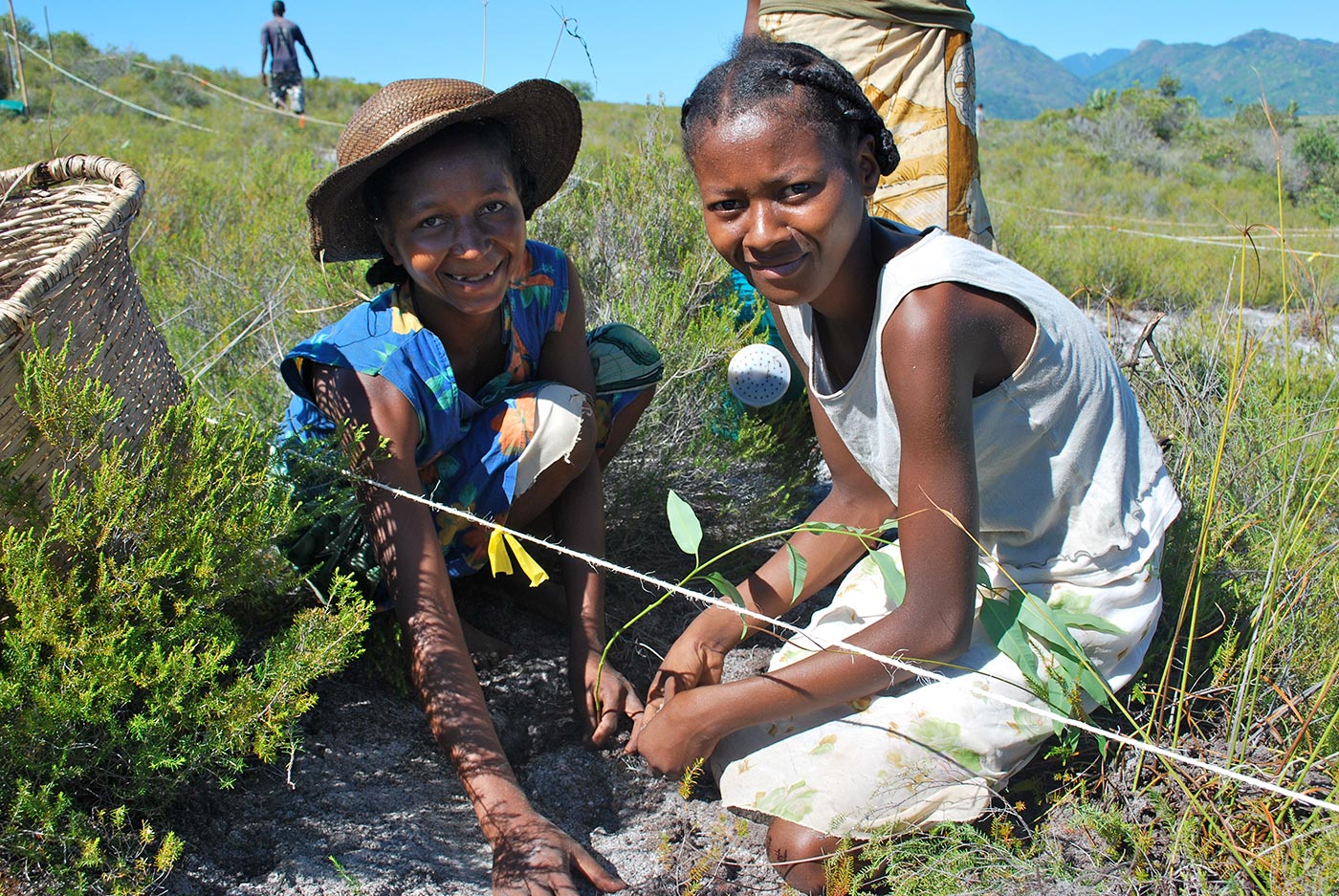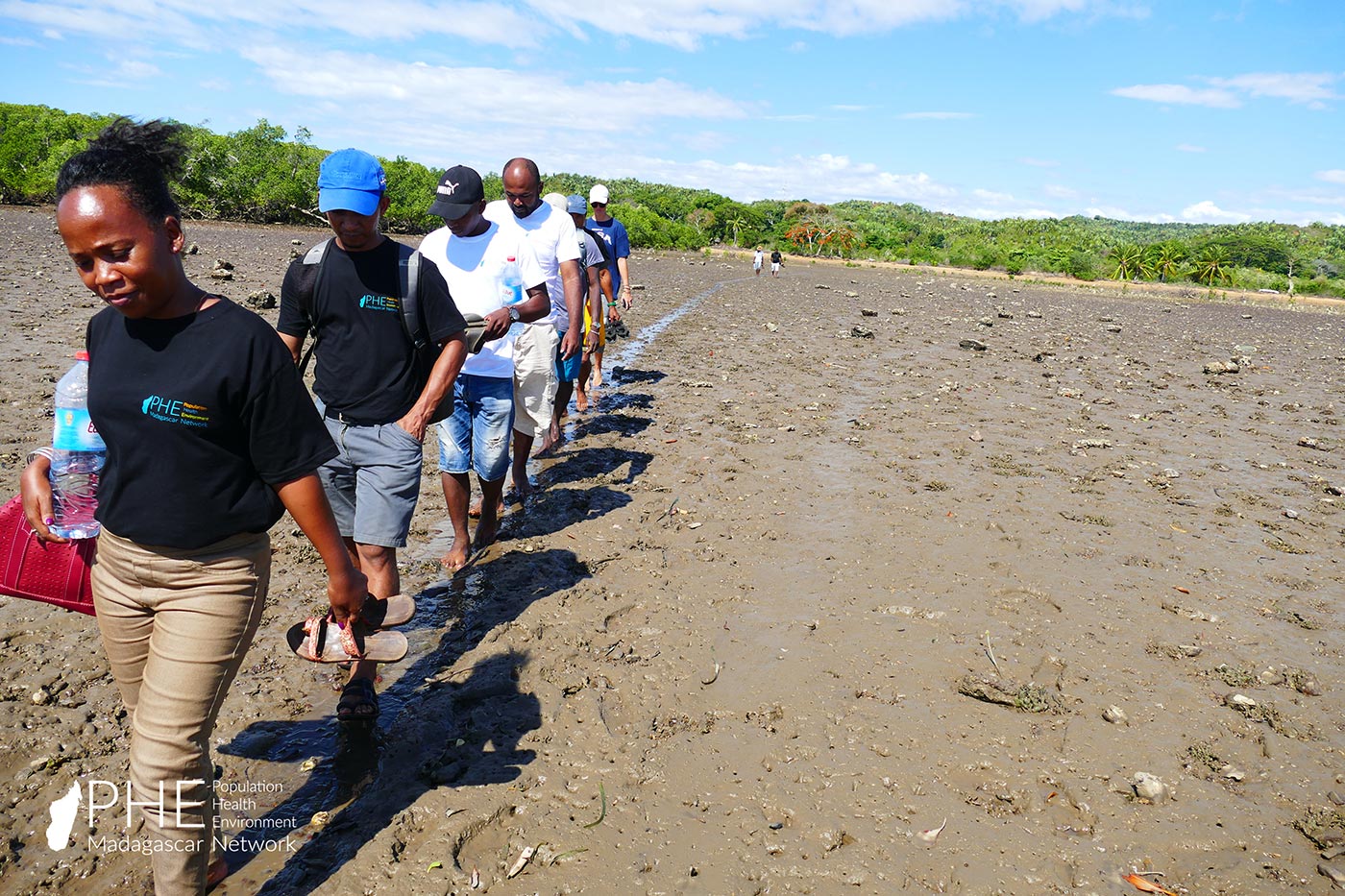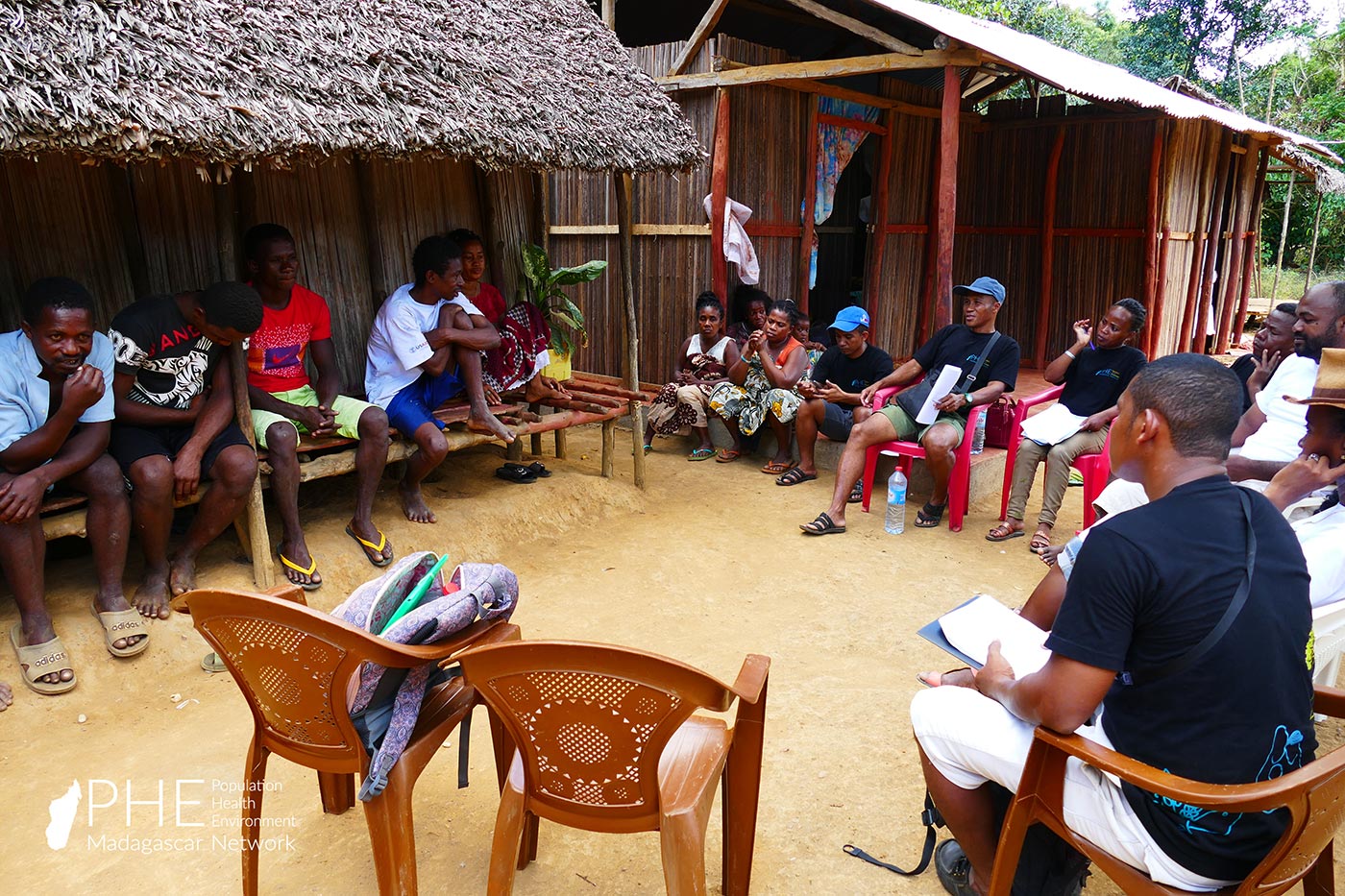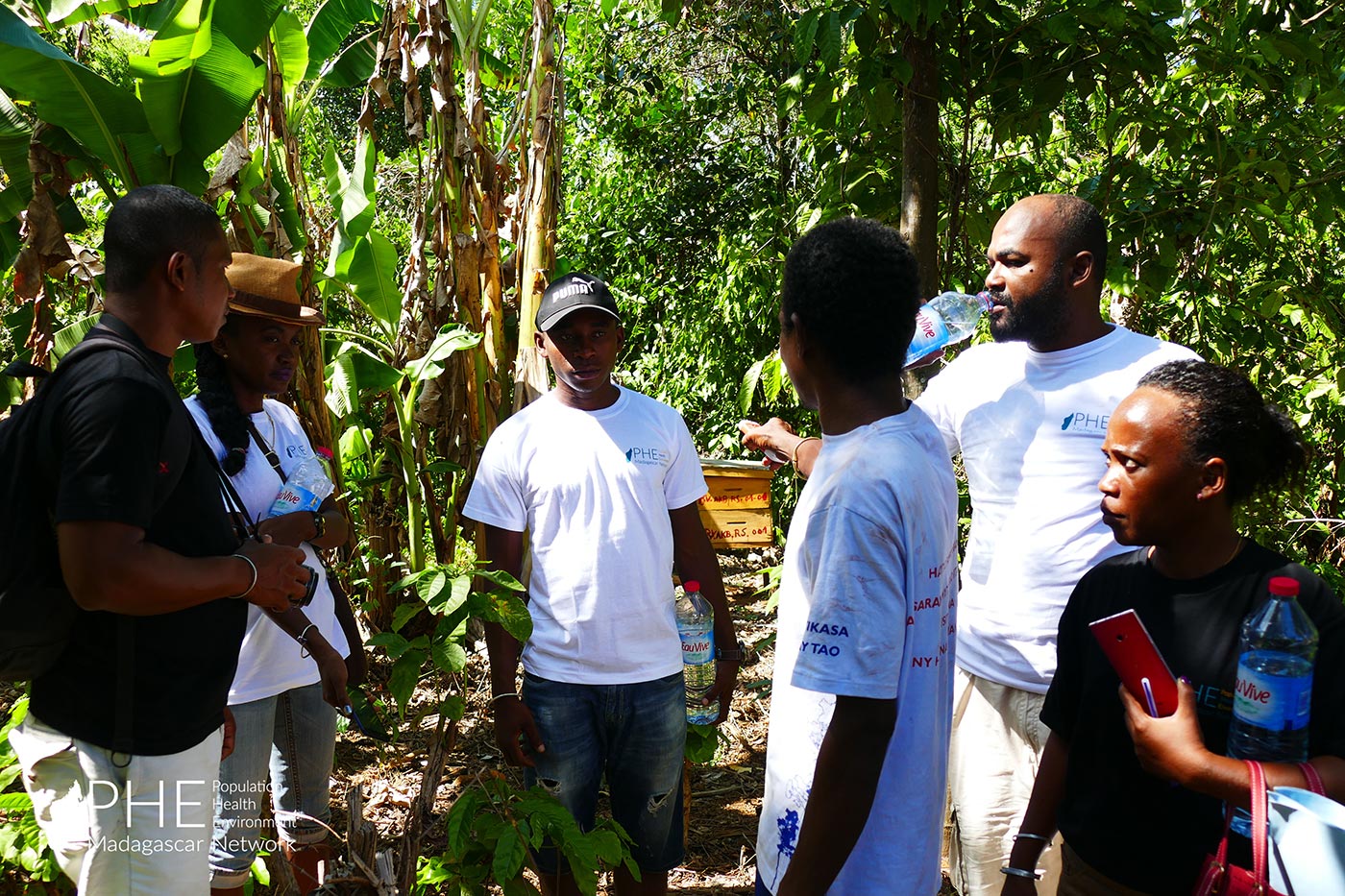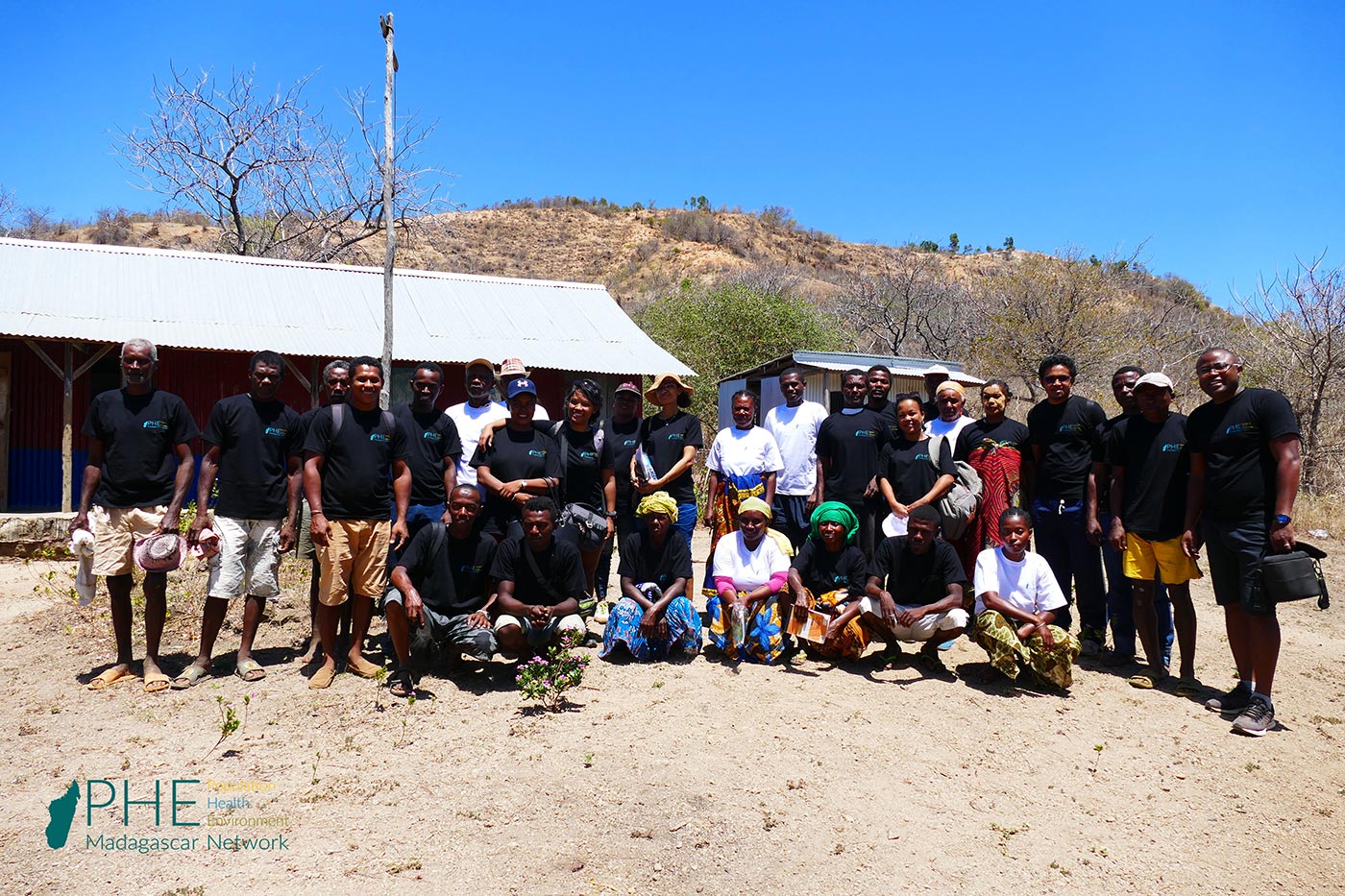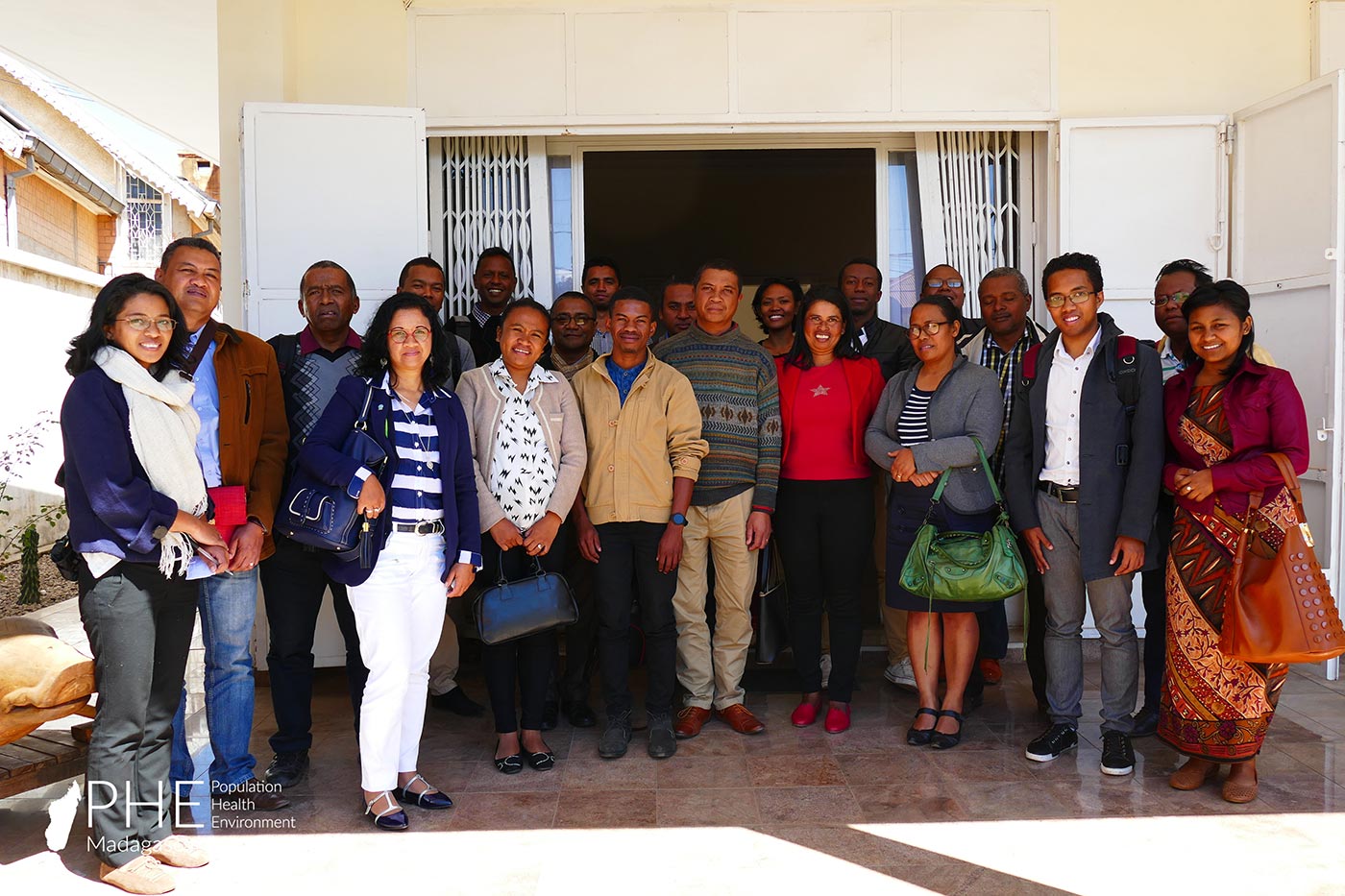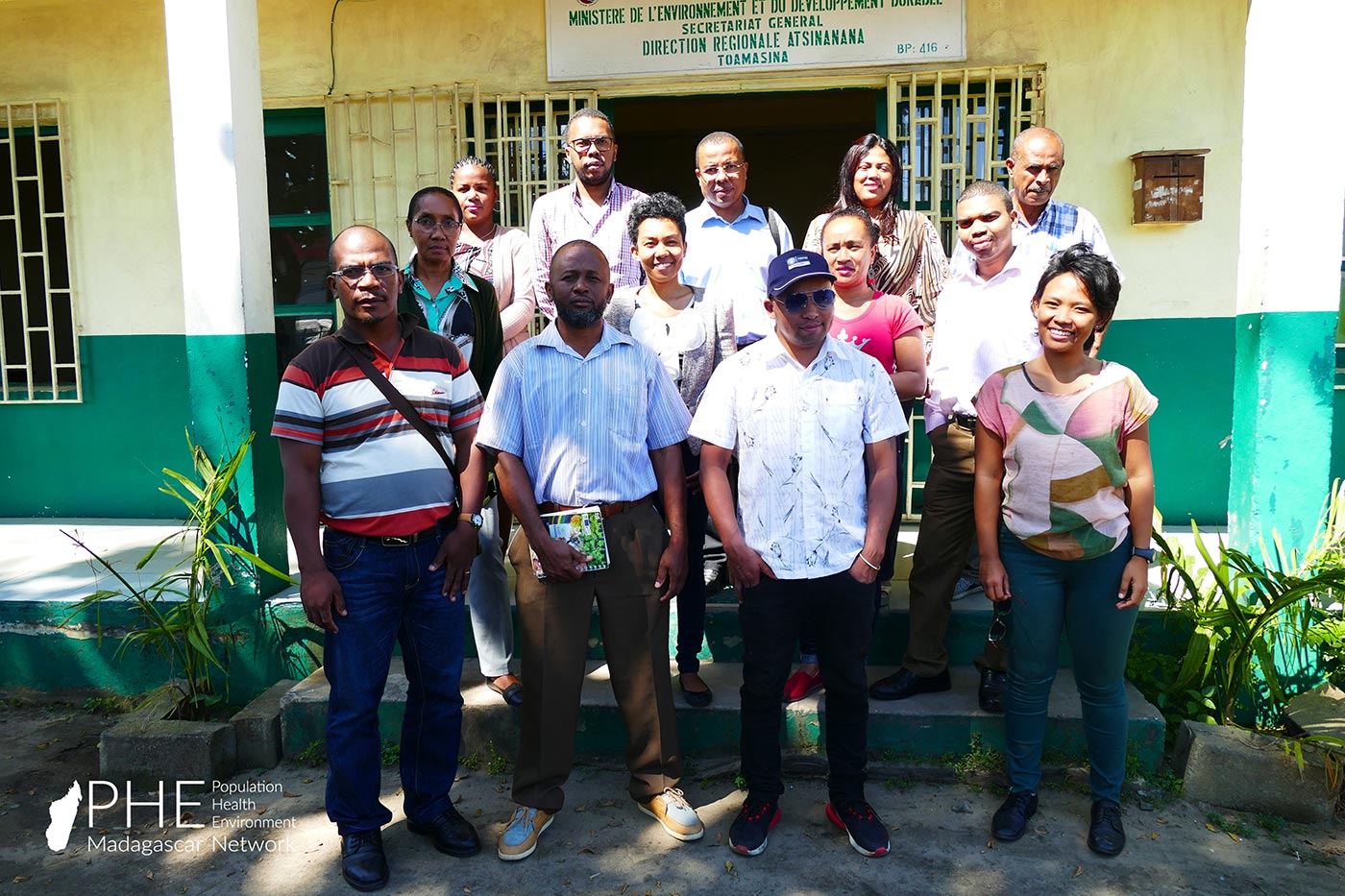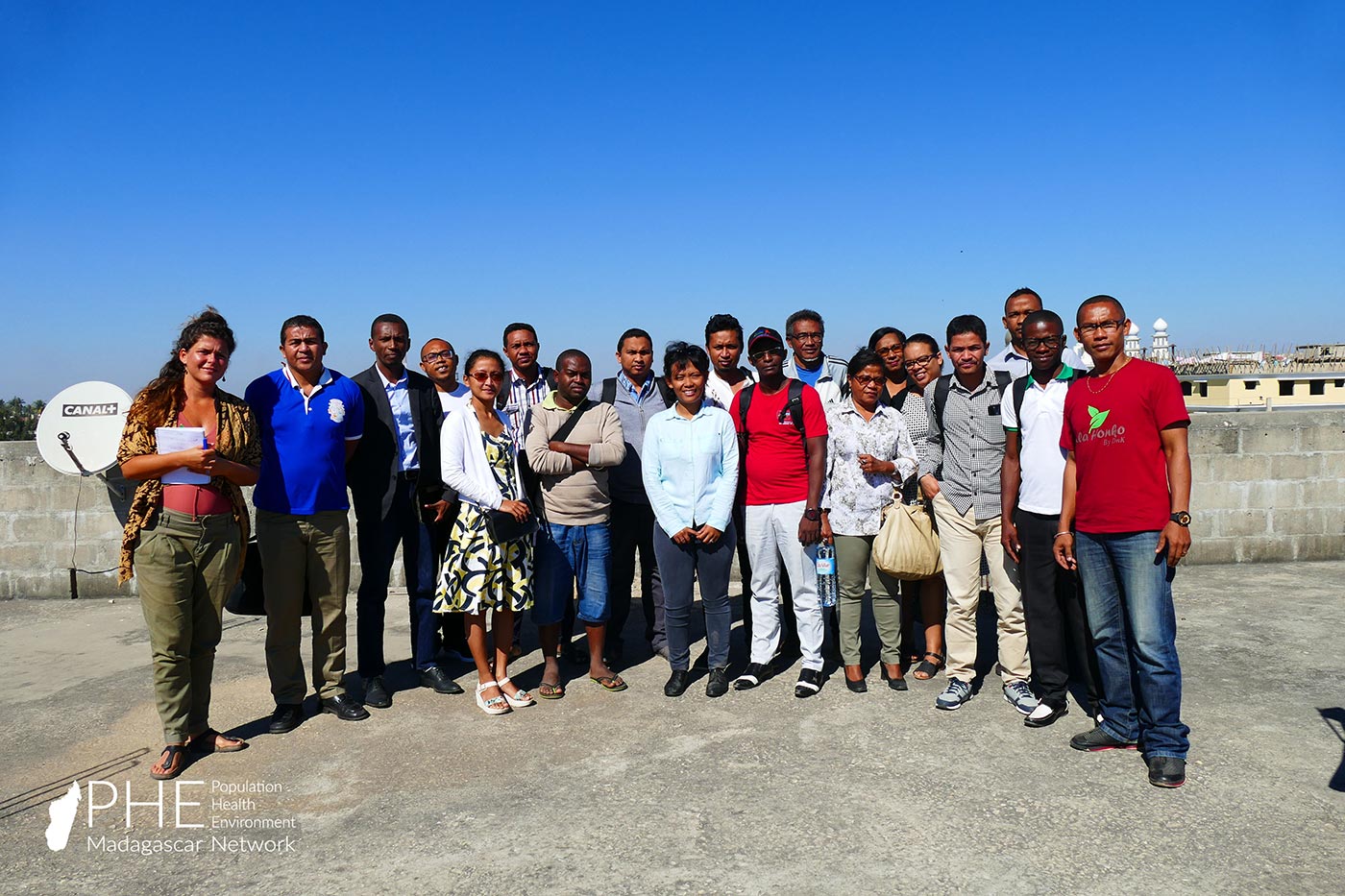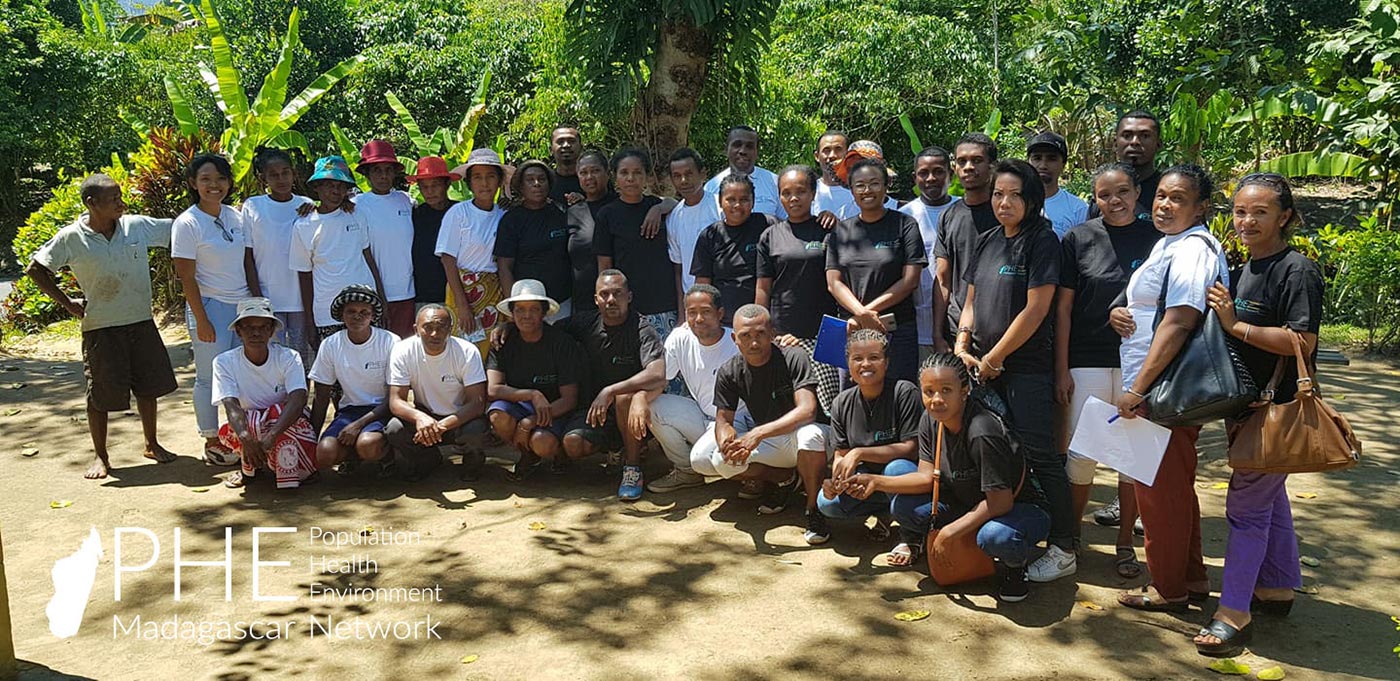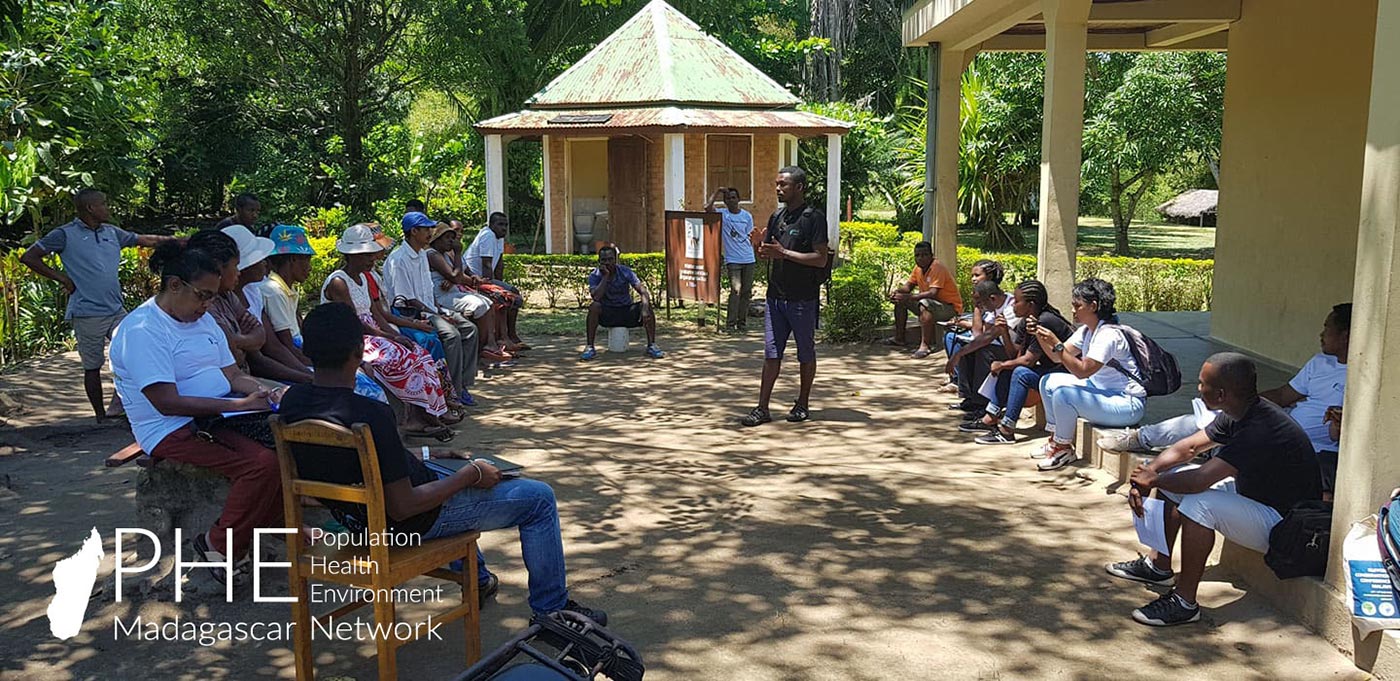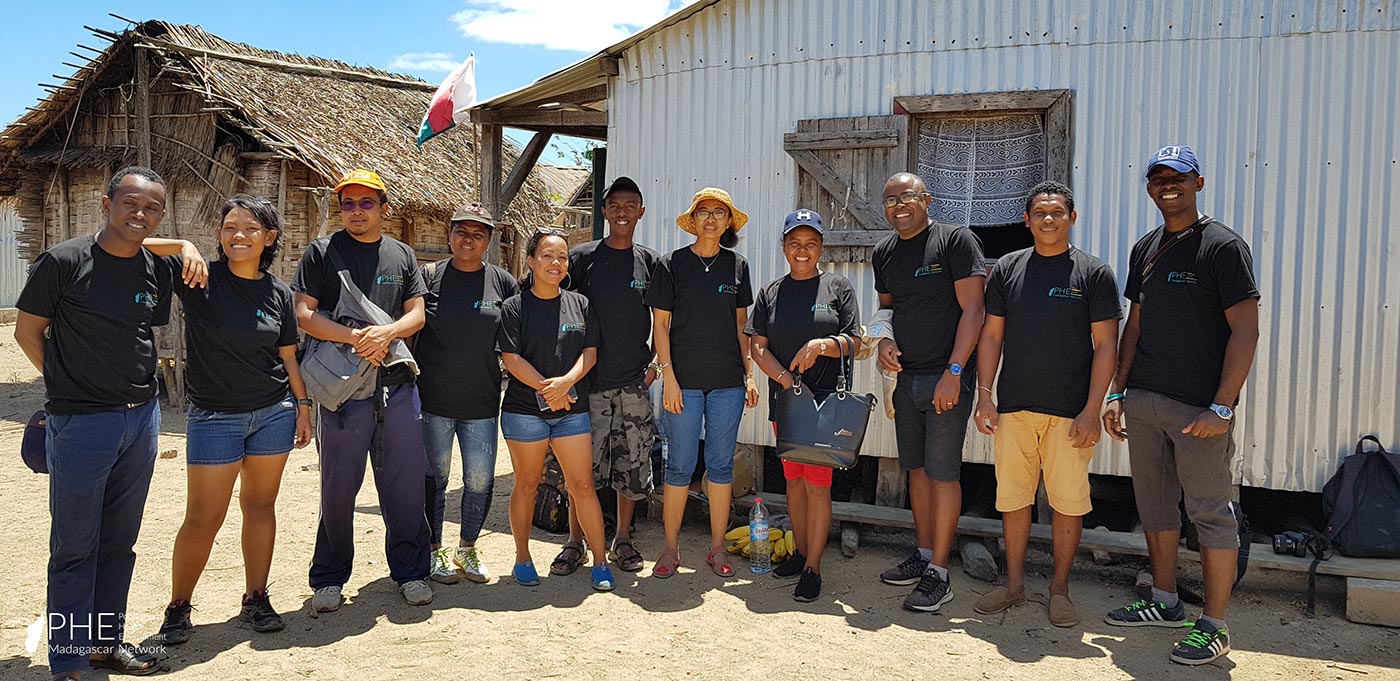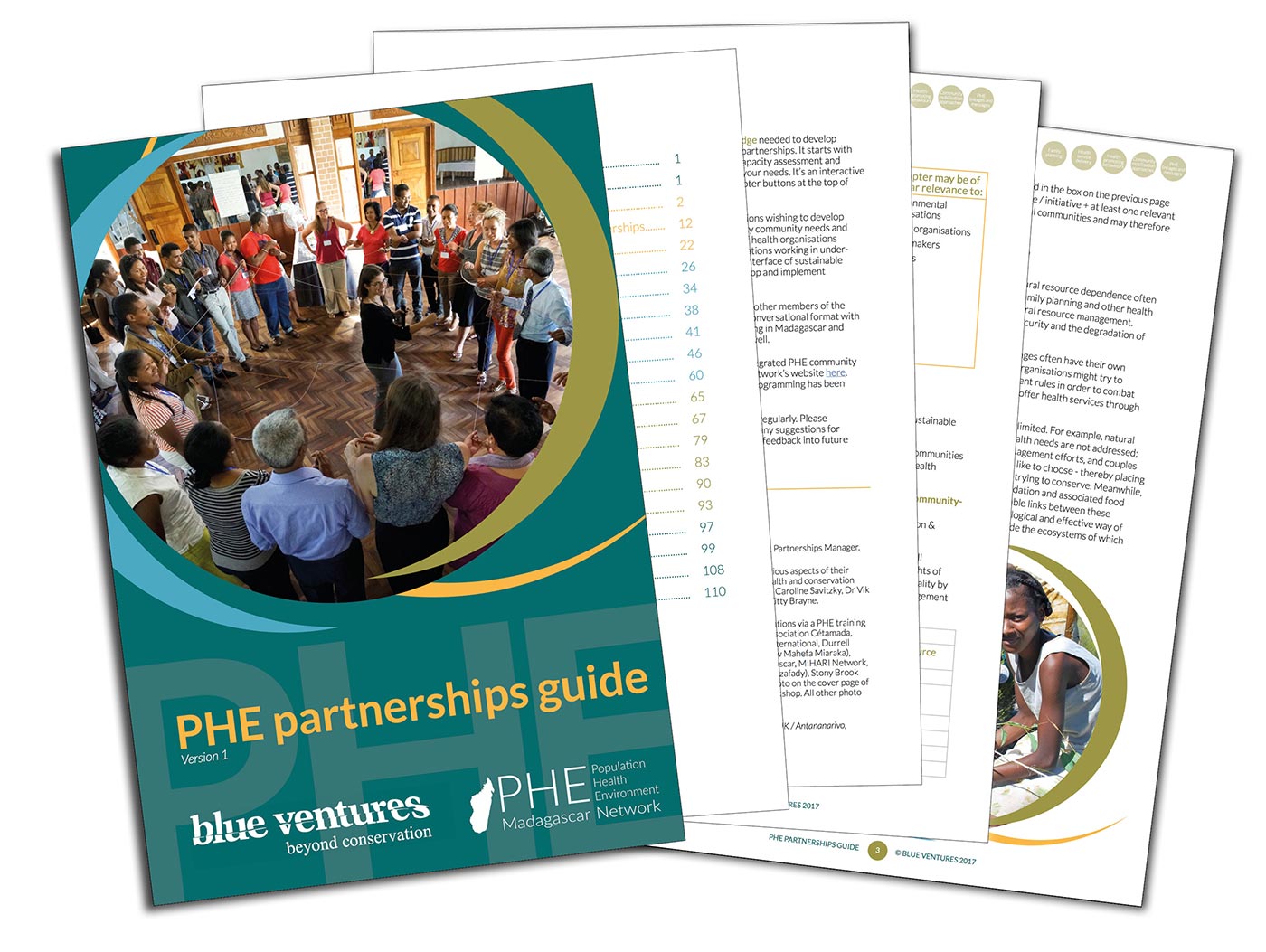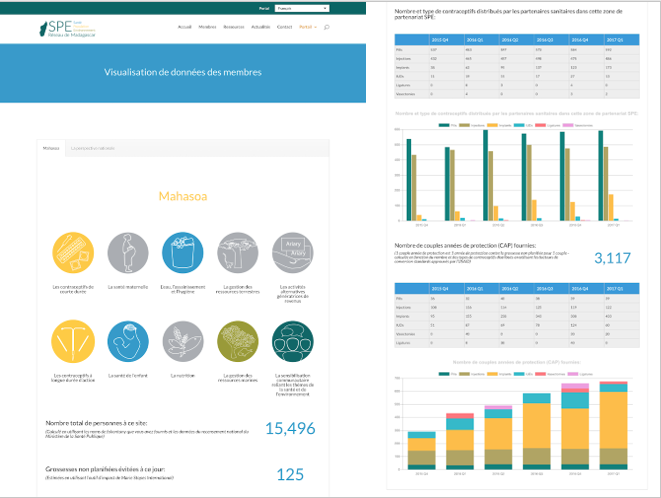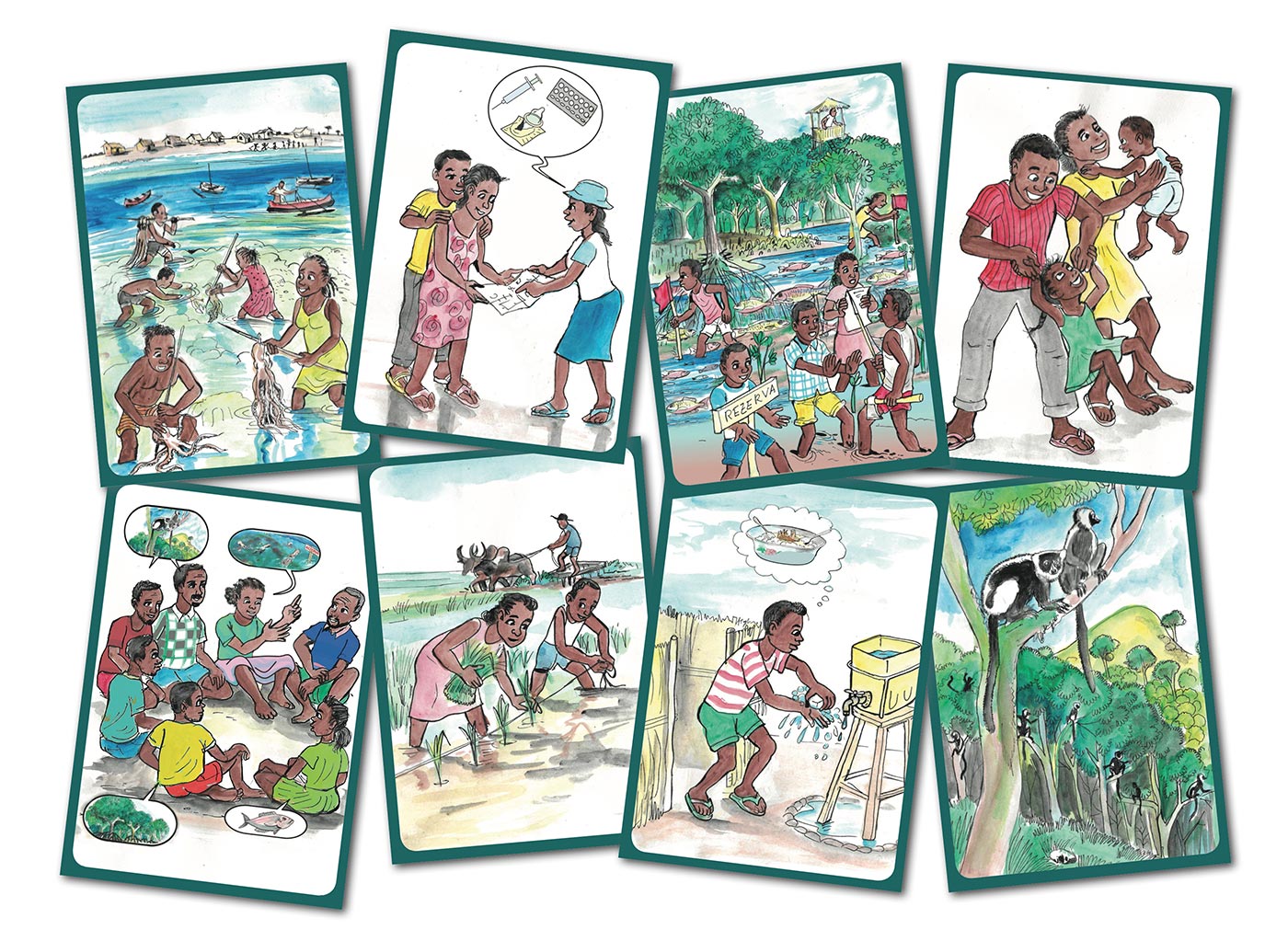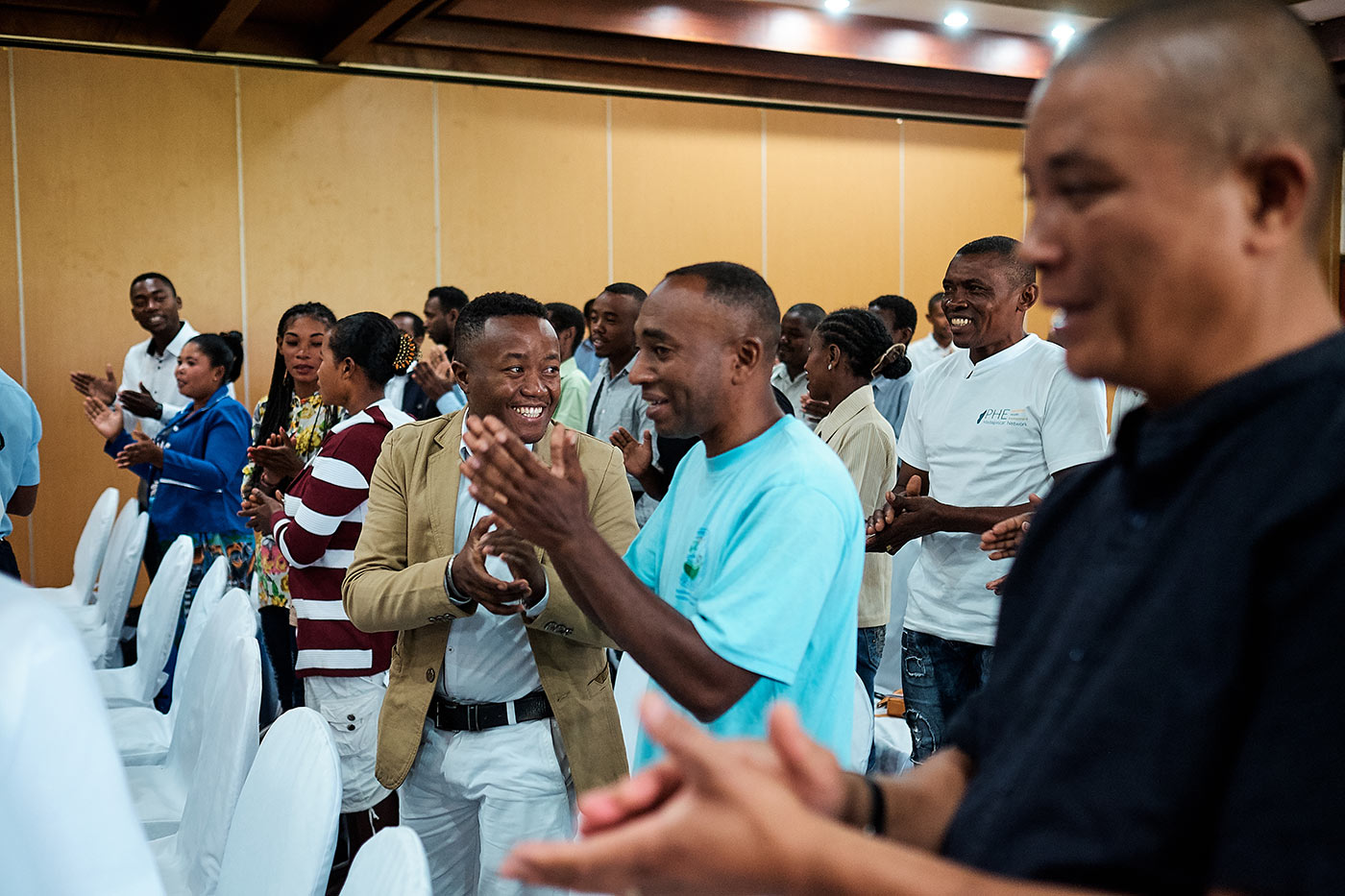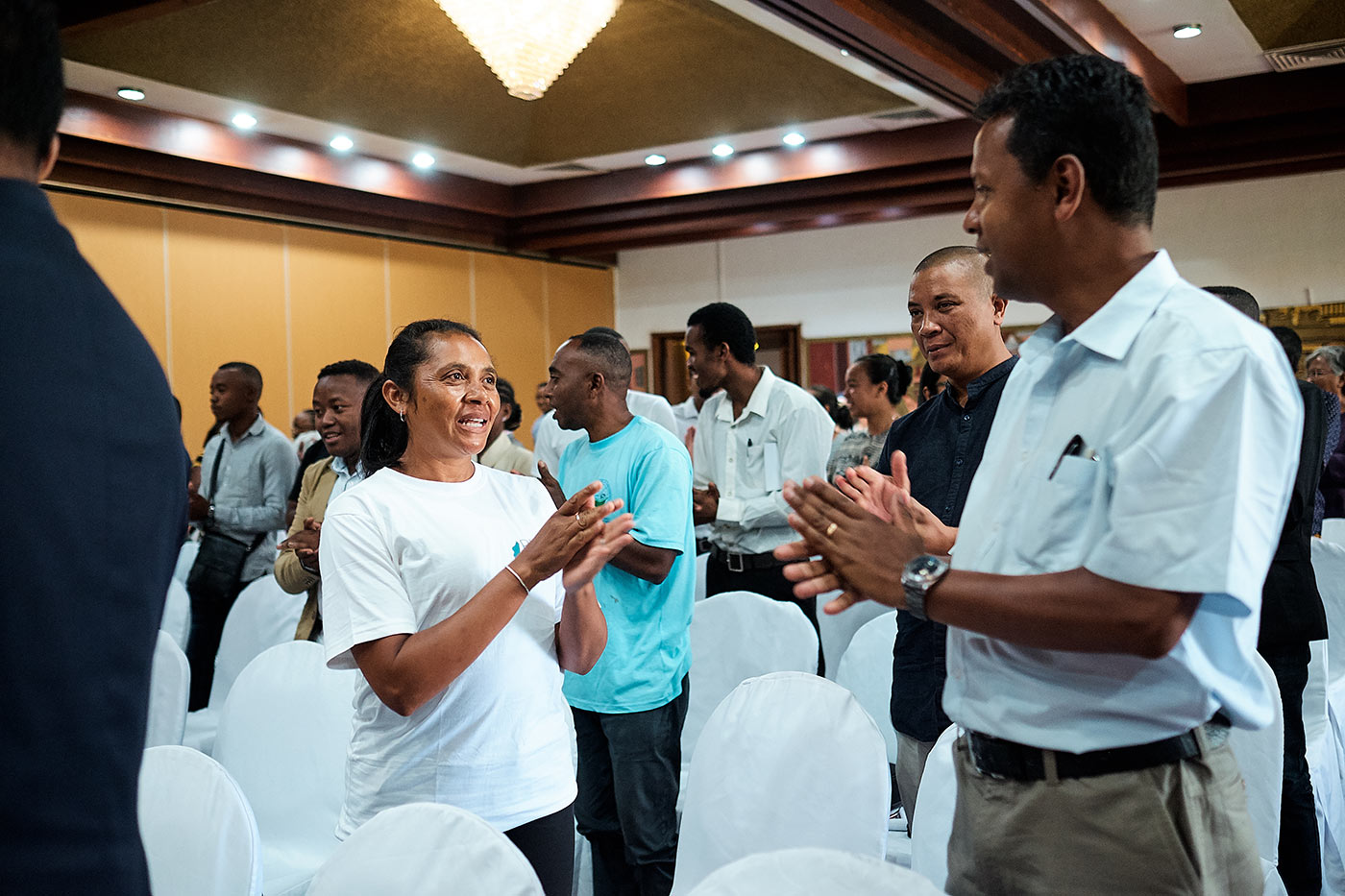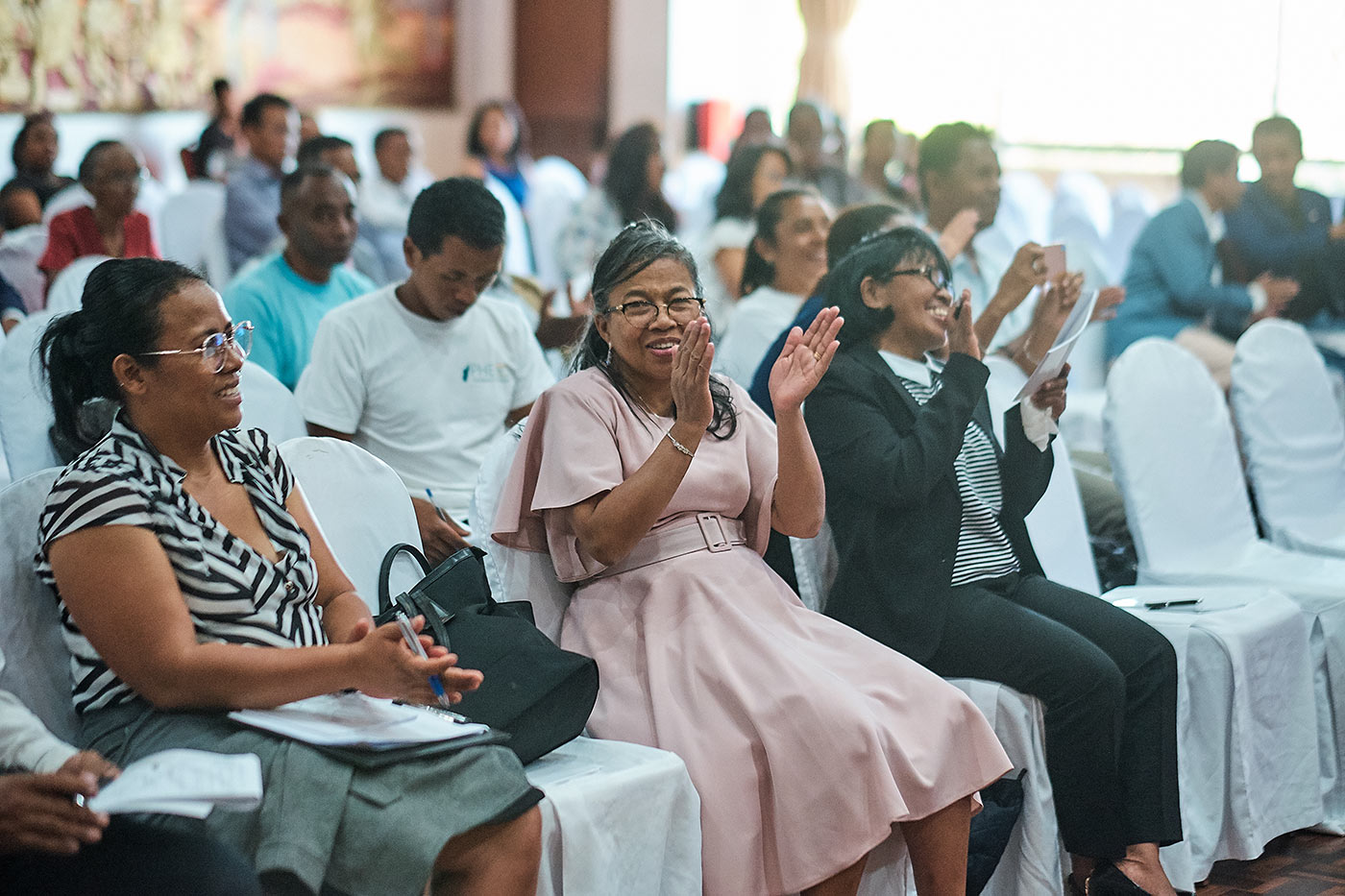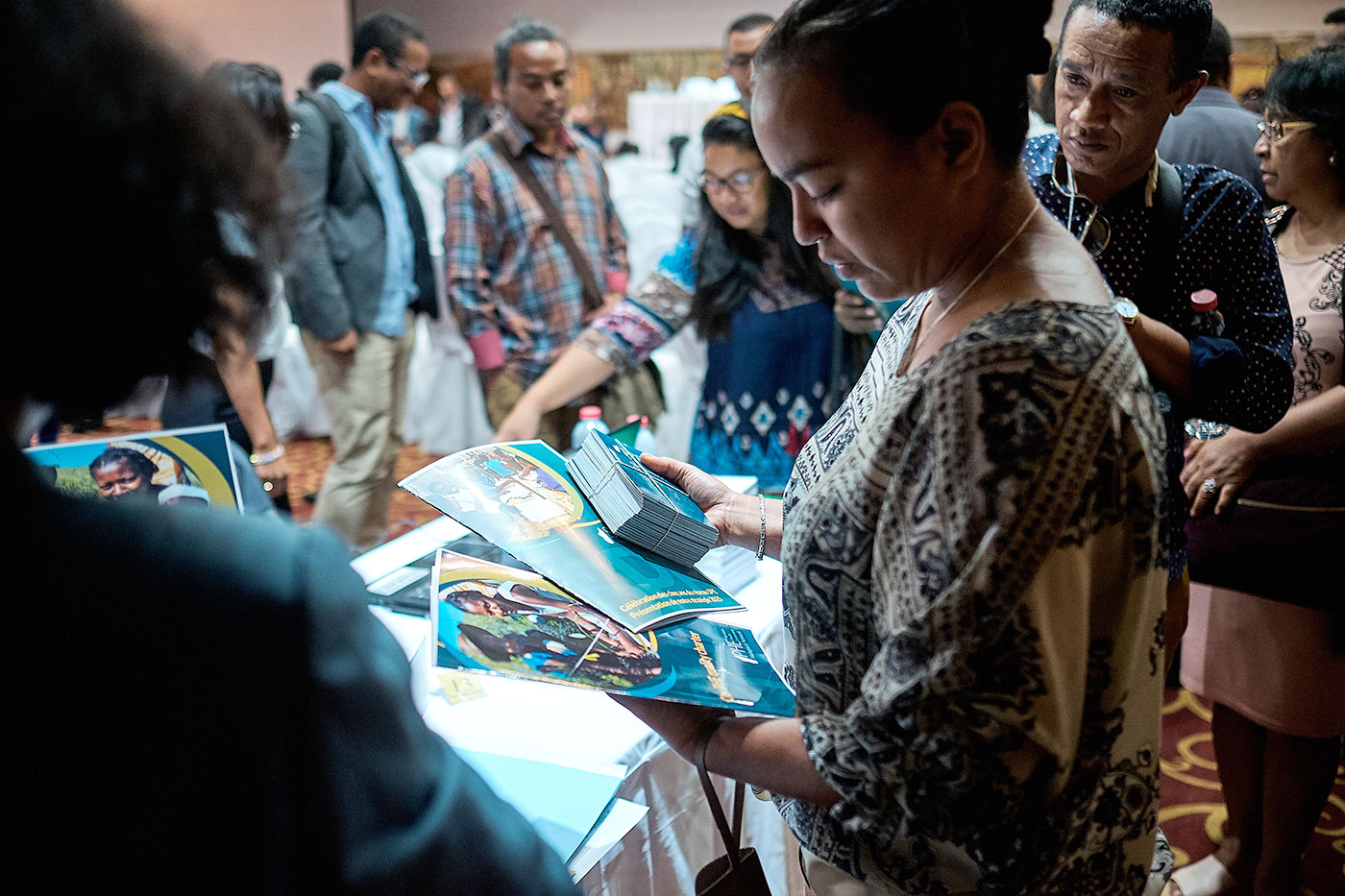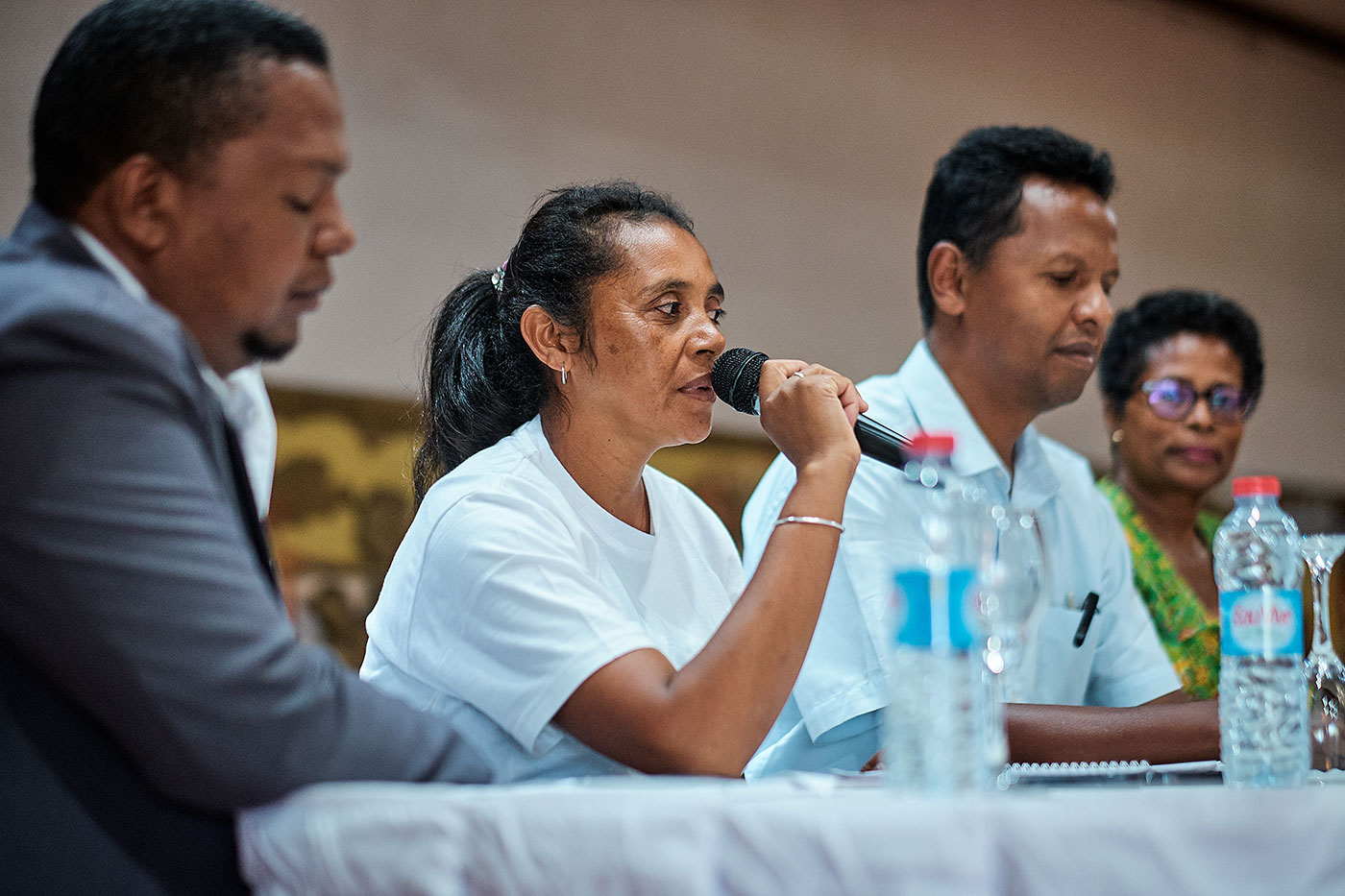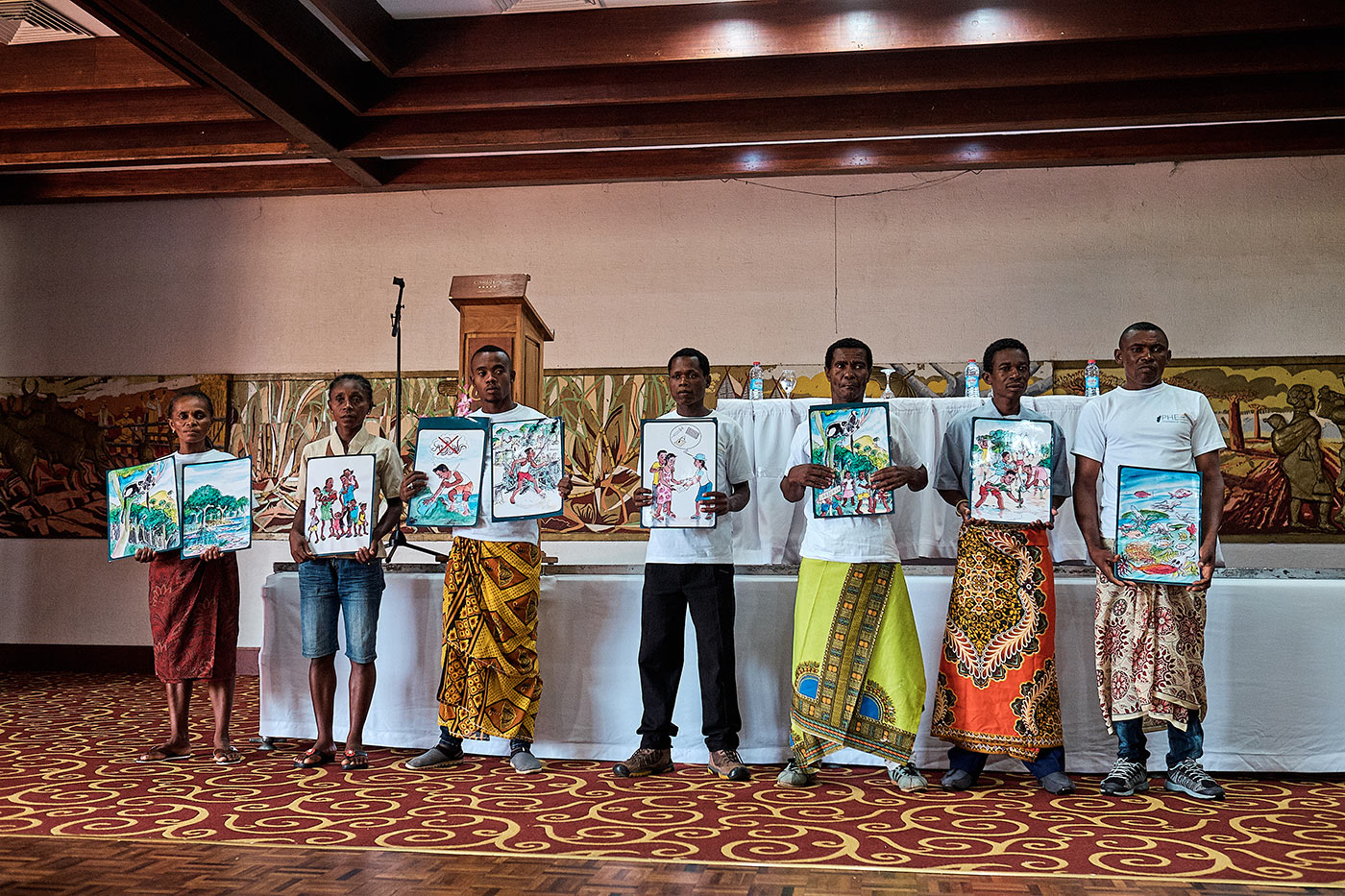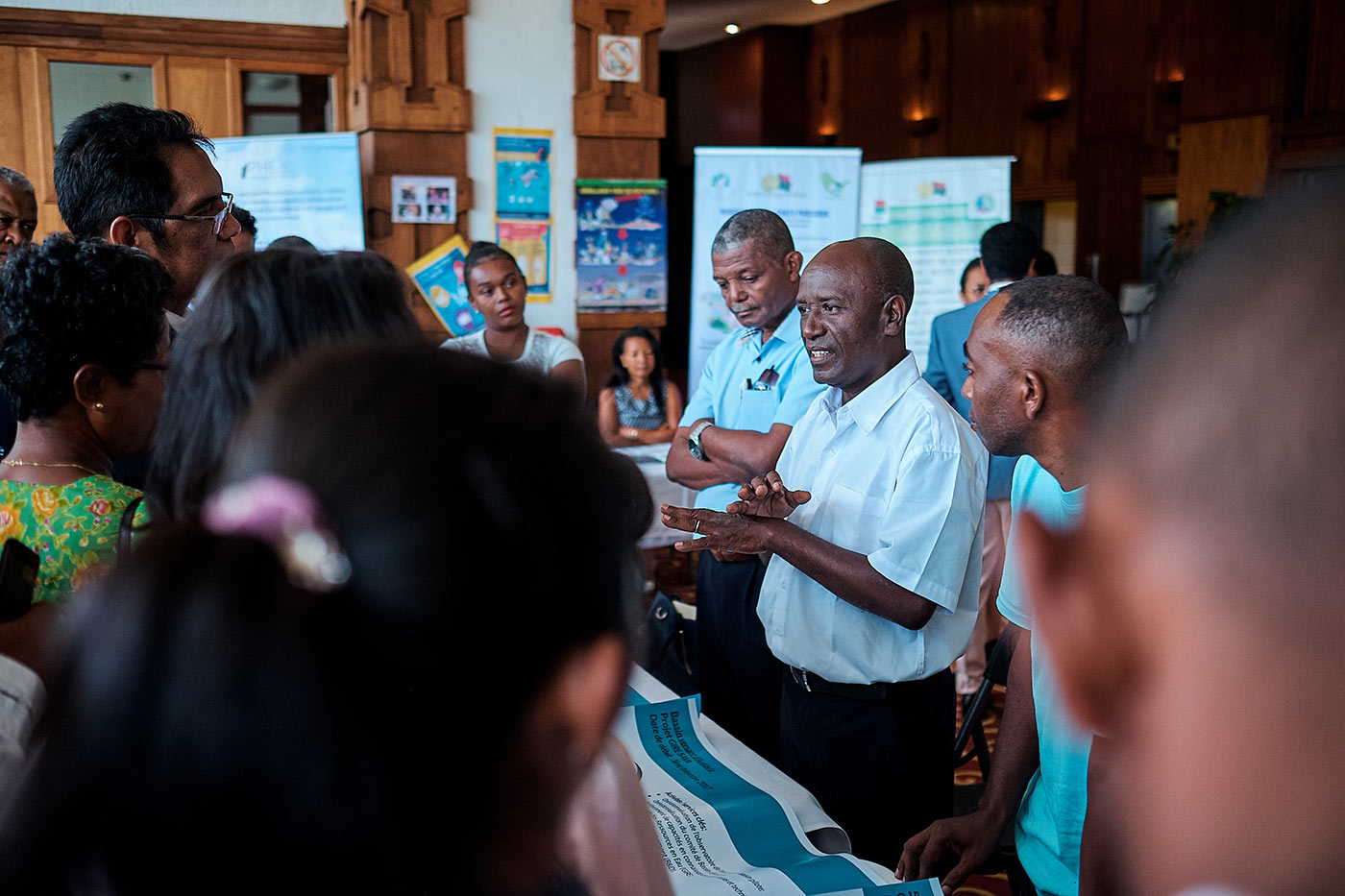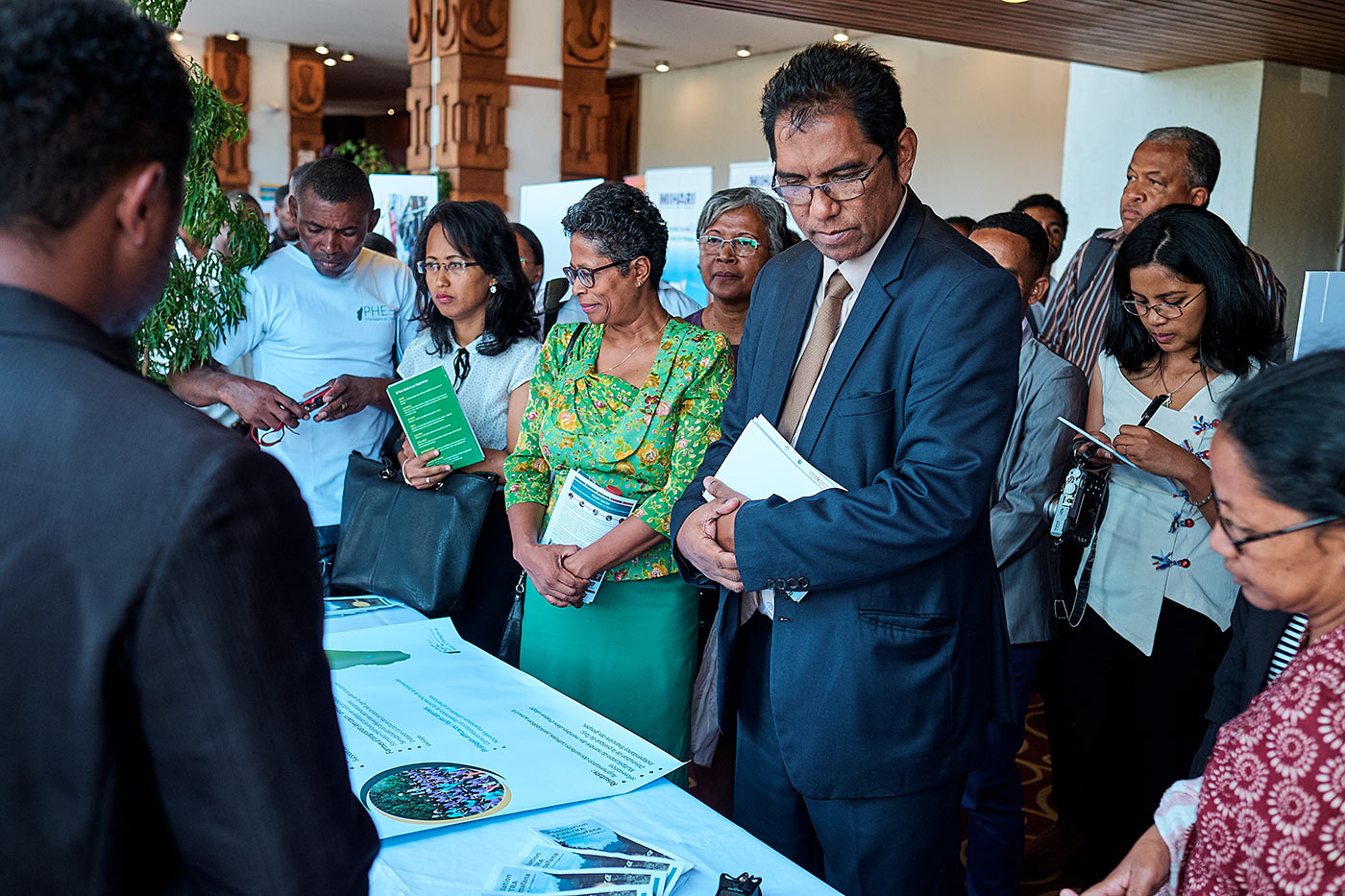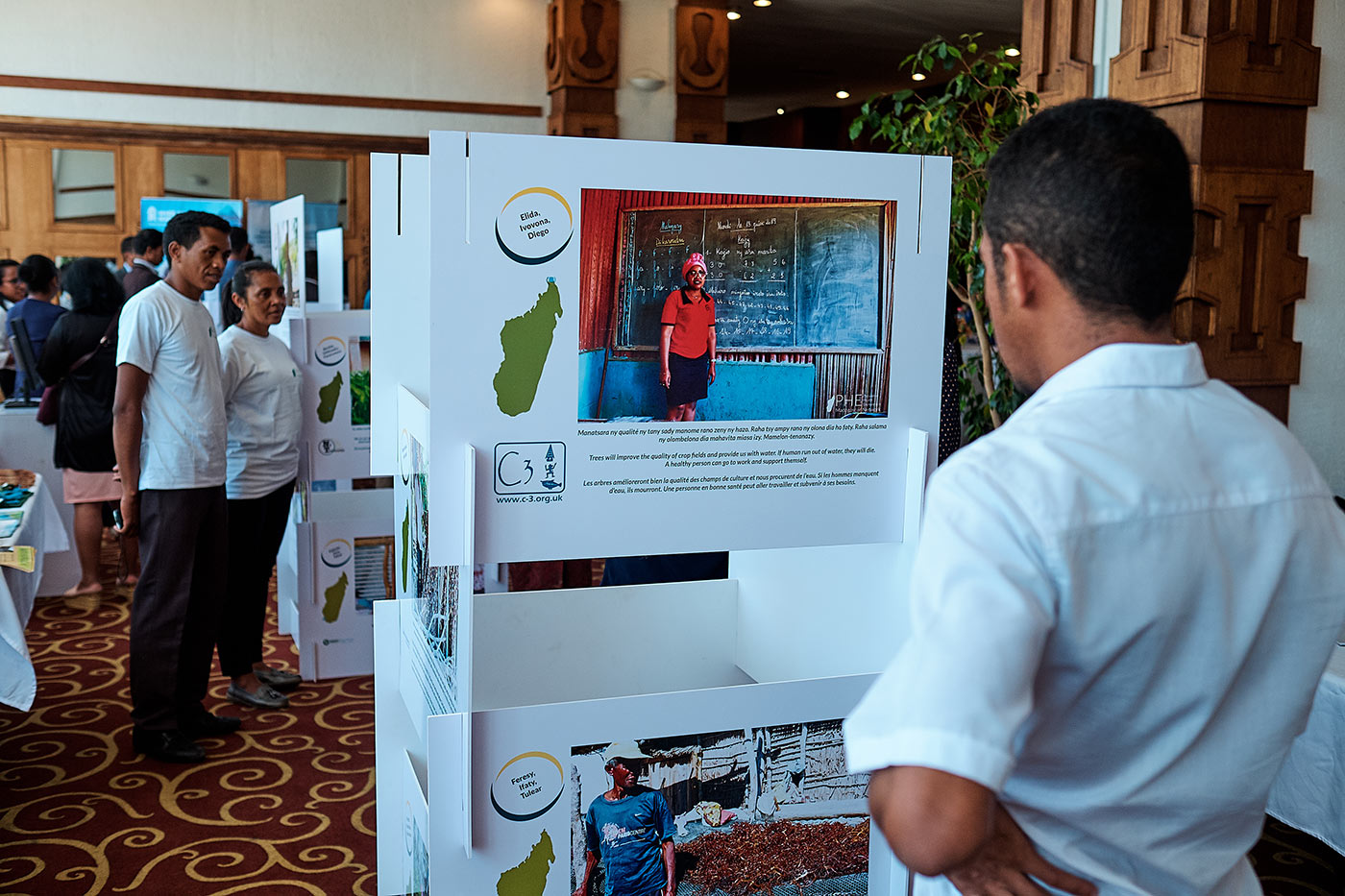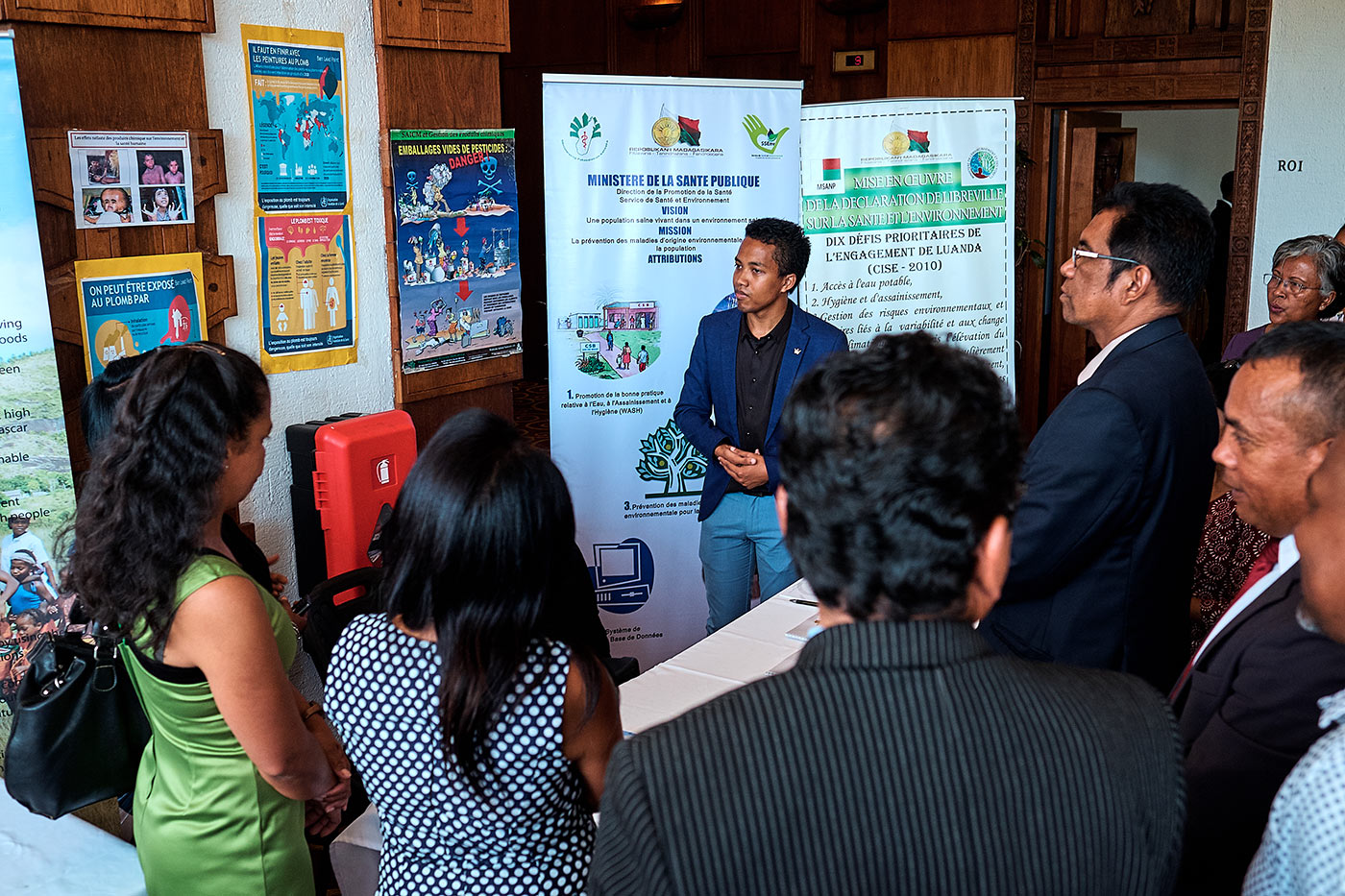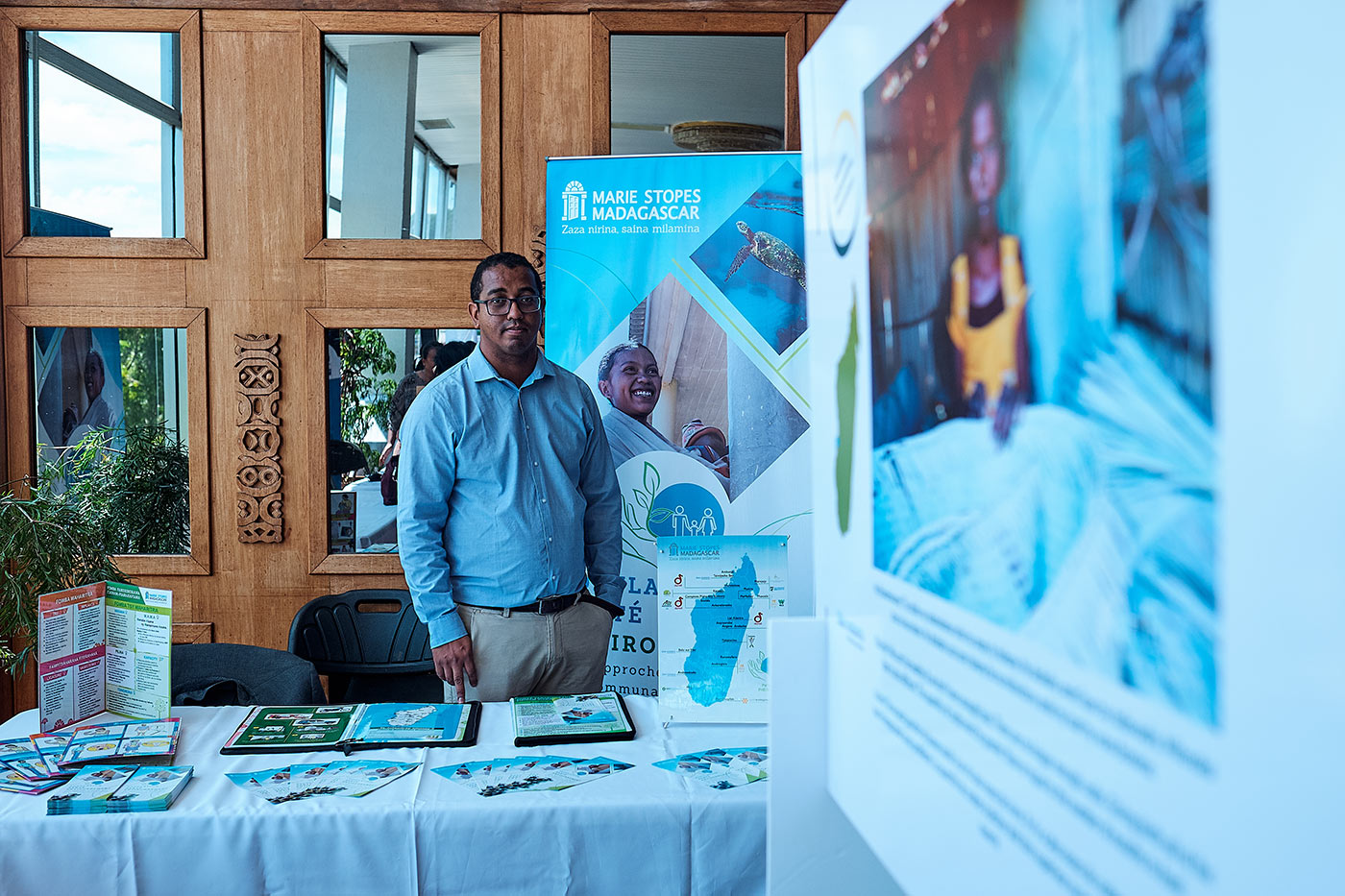Showcasing five years of growth, collaboration and results across Madagascar’s health-environment movement
Showcasing five years of growth, collaboration and results across Madagascar’s health-environment movement
The Madagascar Population-Health-Environment (PHE) Network was created in July 2014. At this time there were just three active PHE partnerships in the country.
Here’s the story of what happened next…The network brought together more than thirty NGOs, funders and policy makers working in the health and conservation sectors.
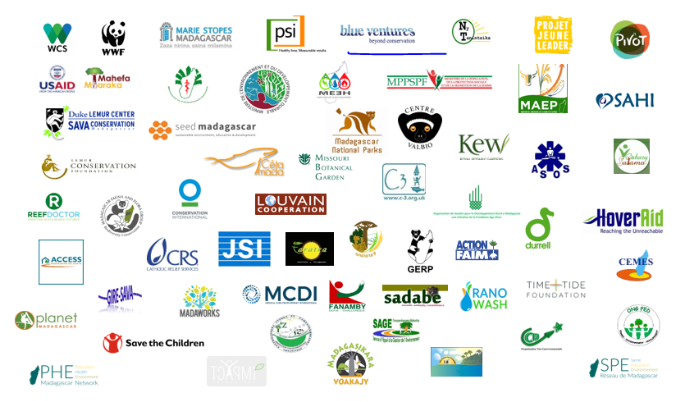
The inaugural meeting raised awareness of the PHE approach and facilitated connections to support the development of new cross-sector partnerships.
In the following months and years more than twenty new partnerships were established: combining family planning and other health services with community-based natural resource management and livelihood diversification initiatives.
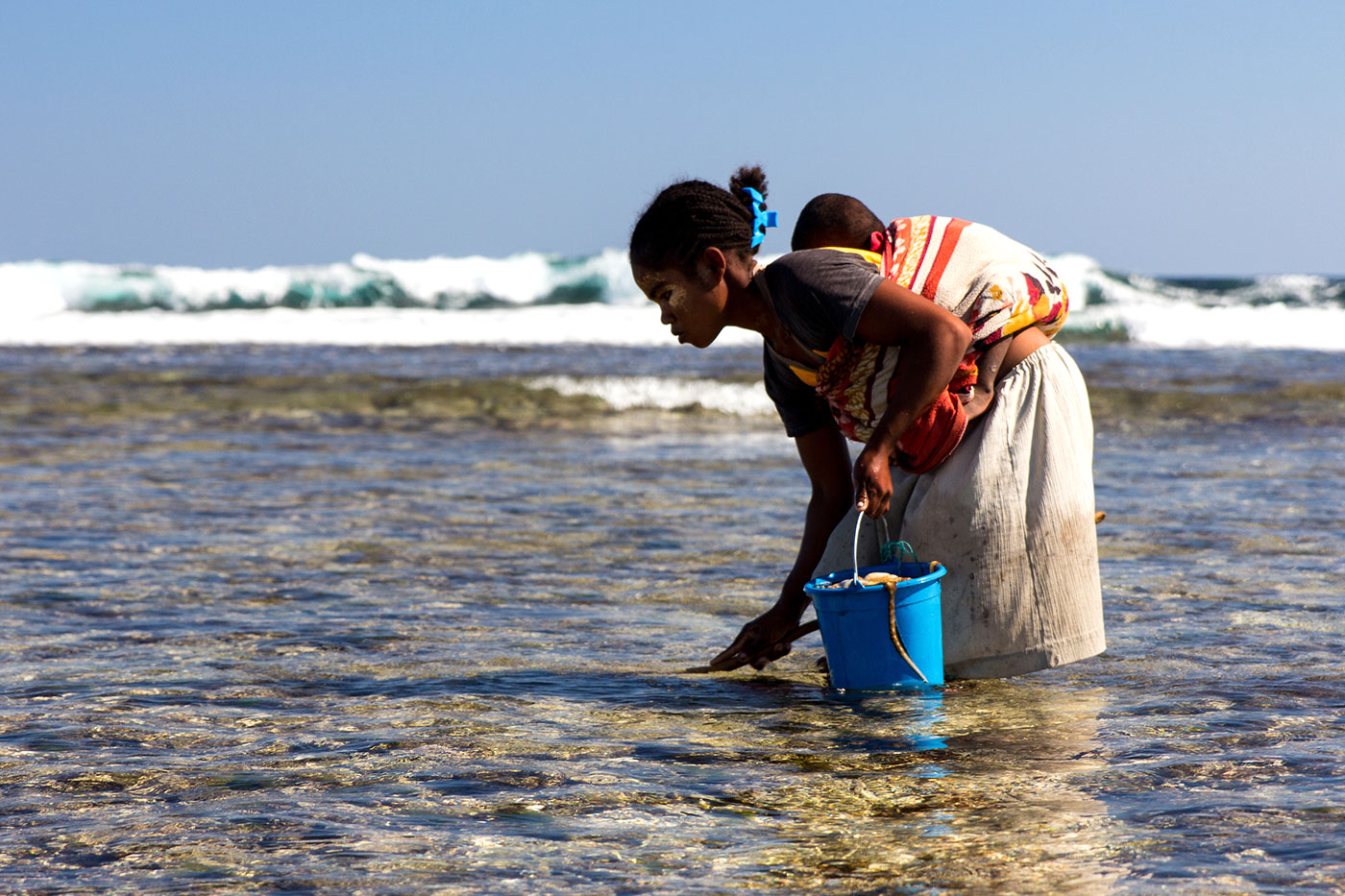
These partnerships address the interconnected challenges of poor community health, unmet family planning needs, gender inequality, food insecurity and environmental degradation in a holistic way.
They strengthen medical supply chains and enable health service providers to reach isolated communities while supporting local engagement in biodiversity conservation.
For example the Lemur Conservation Foundation now collaborates with Marie Stopes Madagascar to ensure that communities around the Anjanaharibe-Sud special reserve have access to long-acting contraceptive options alongside agroforestry training and other environmental initiatives.
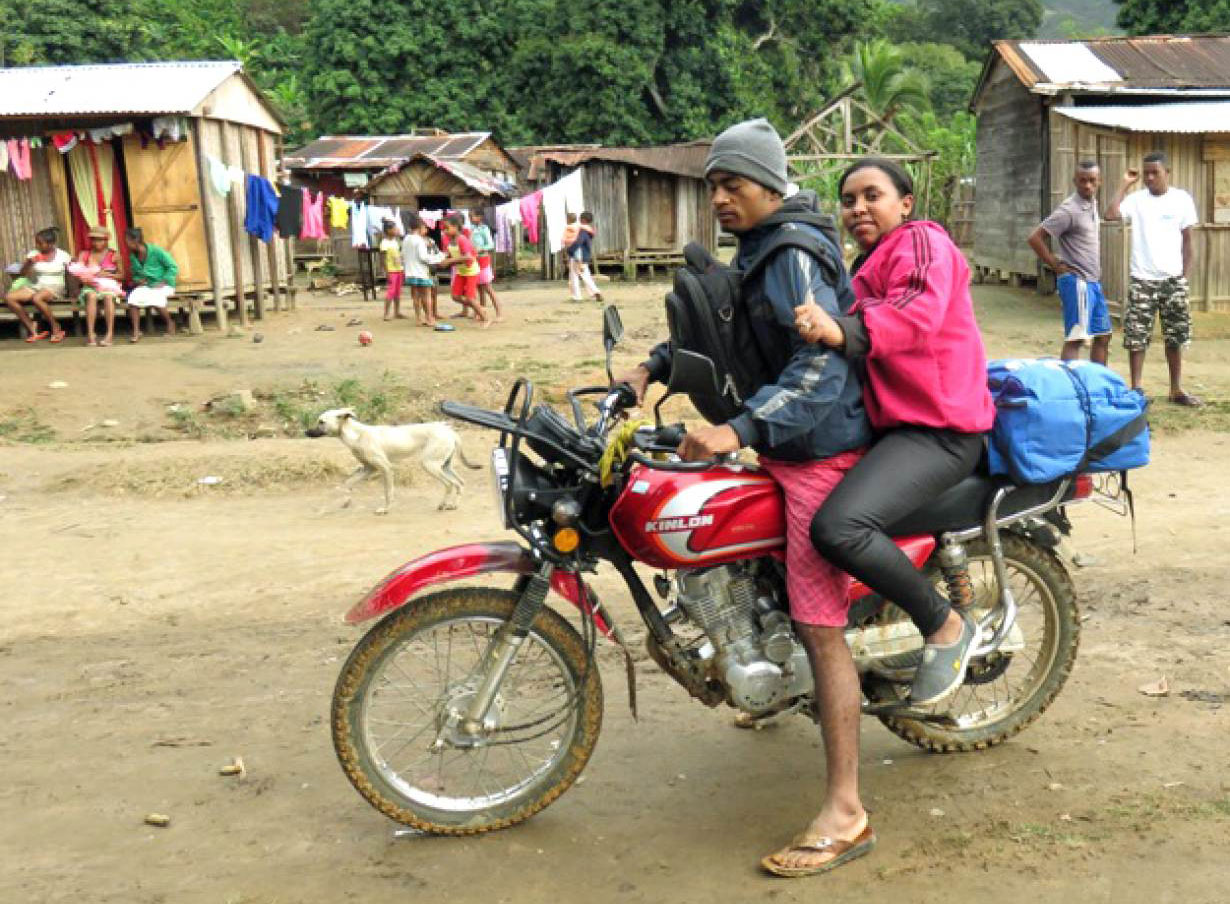
Meanwhile marine conservation organisation Blue Ventures collaborates with a variety of health partners to strengthen community-based health services alongside local marine management and coastal livelihood initiatives.
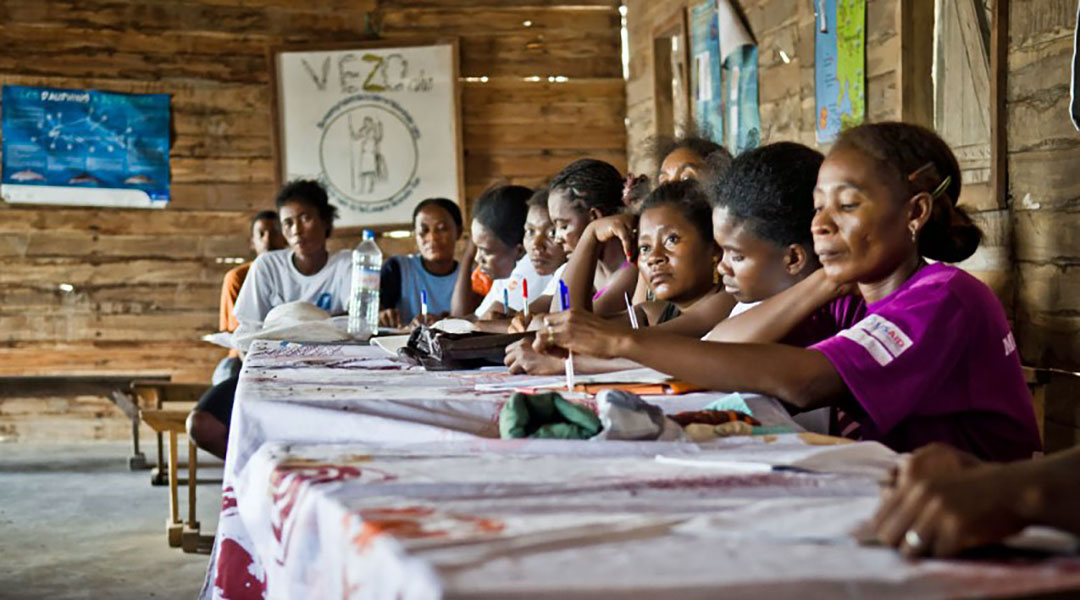
Integrated community outreach engages men in discussions about family health and involves women in natural resource management efforts.
The PHE network has effectively supported the uptake of these partnerships by many other organisations through regional coordination meetings, training workshops and learning exchange visits.
Growth of these partnerships in Madagascar’s under-served biodiversity hotspots has been rapid thanks to the win-win benefits for health and conservation organisations.
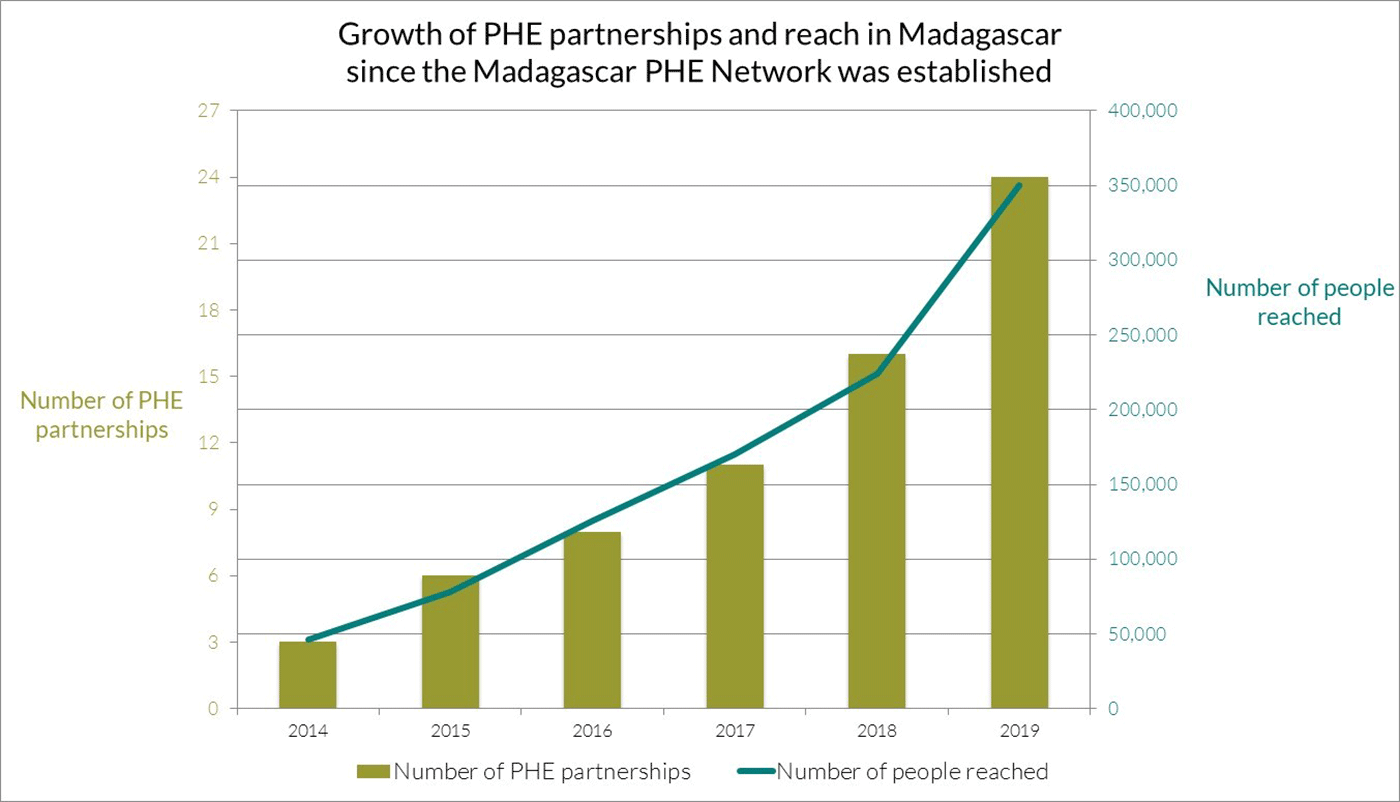
Today there are some 24 active PHE partnerships in Madagascar with at least 12 more currently in development.
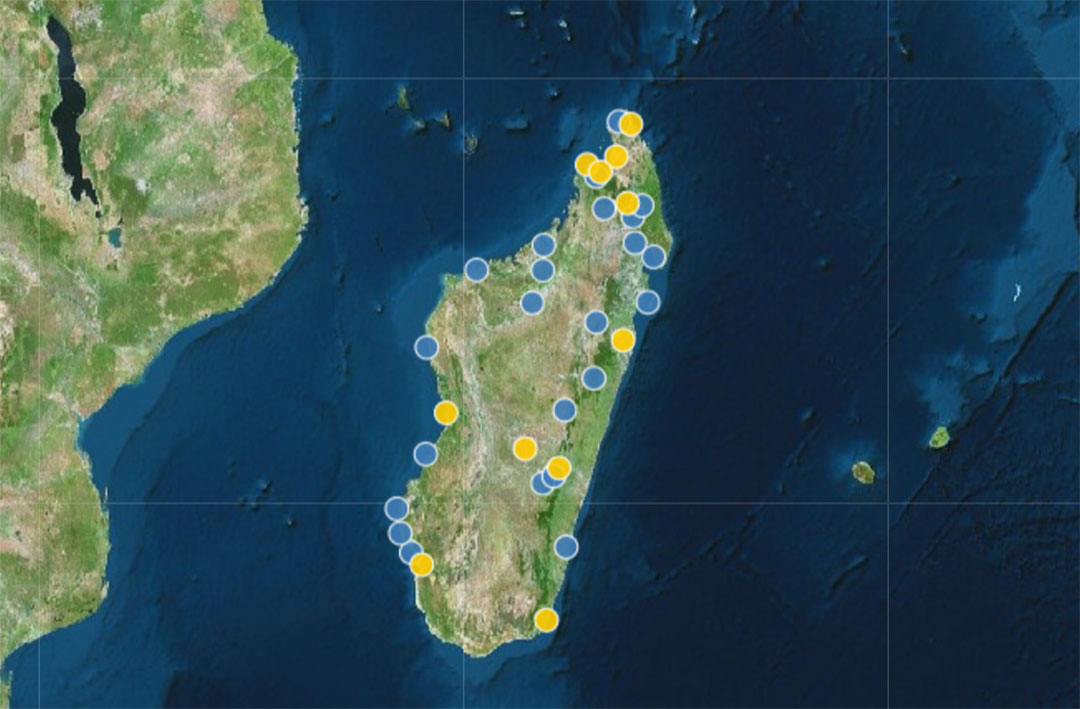
The network has produced a set of technical resources and community outreach materials. It also hosts an online data portal for results sharing.
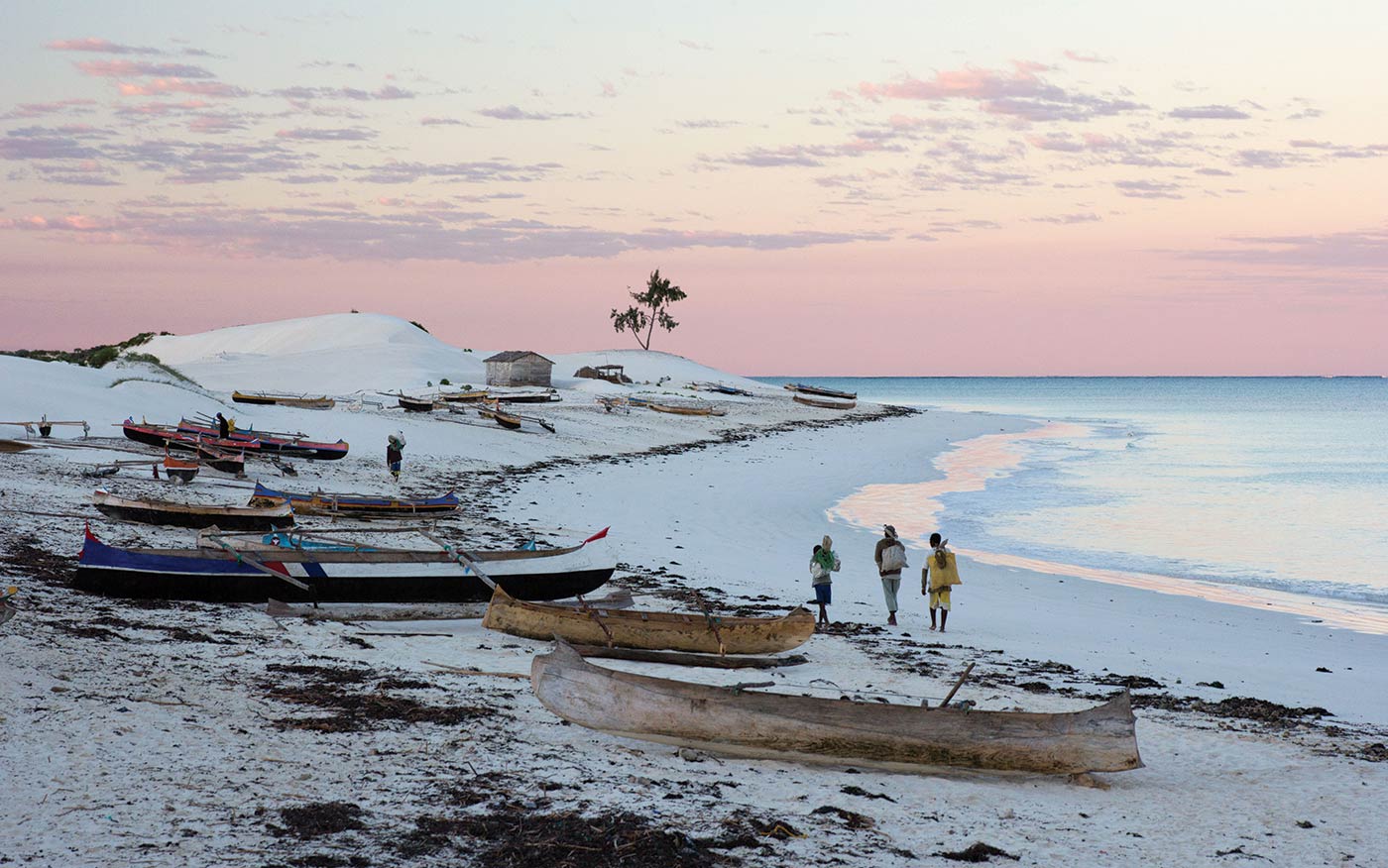
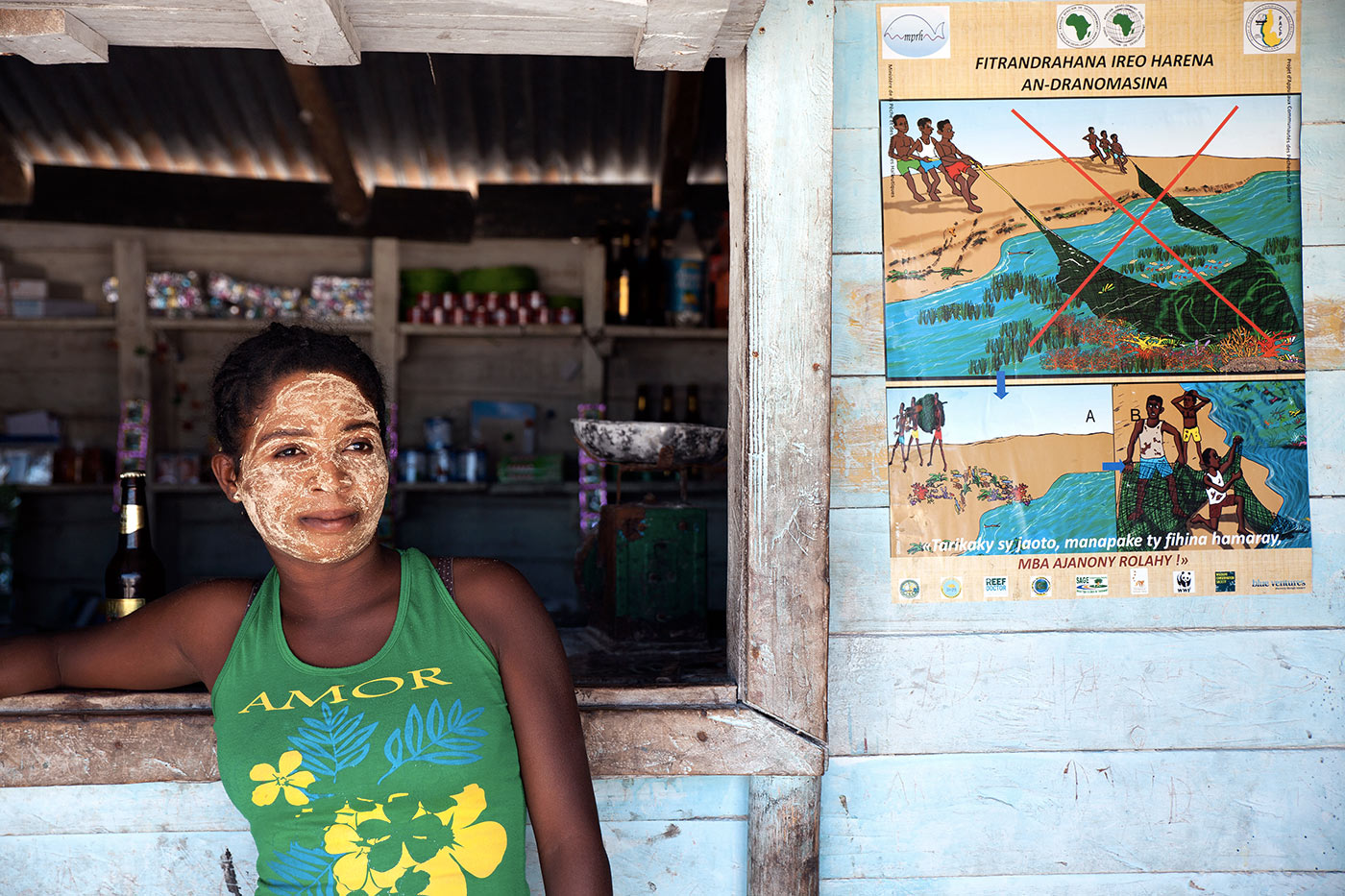
“I started using contraception after my second child and following four miscarriages. I decided to use it to create a little space in my life. It’s better when you have more freedom. When children are raised well, you don’t have to take so much care of them any more. You can go to the fields and do the usual work. I feel good. I am healthy.”
Mino, farmer, Andranolava, Morondava, Blue Ventures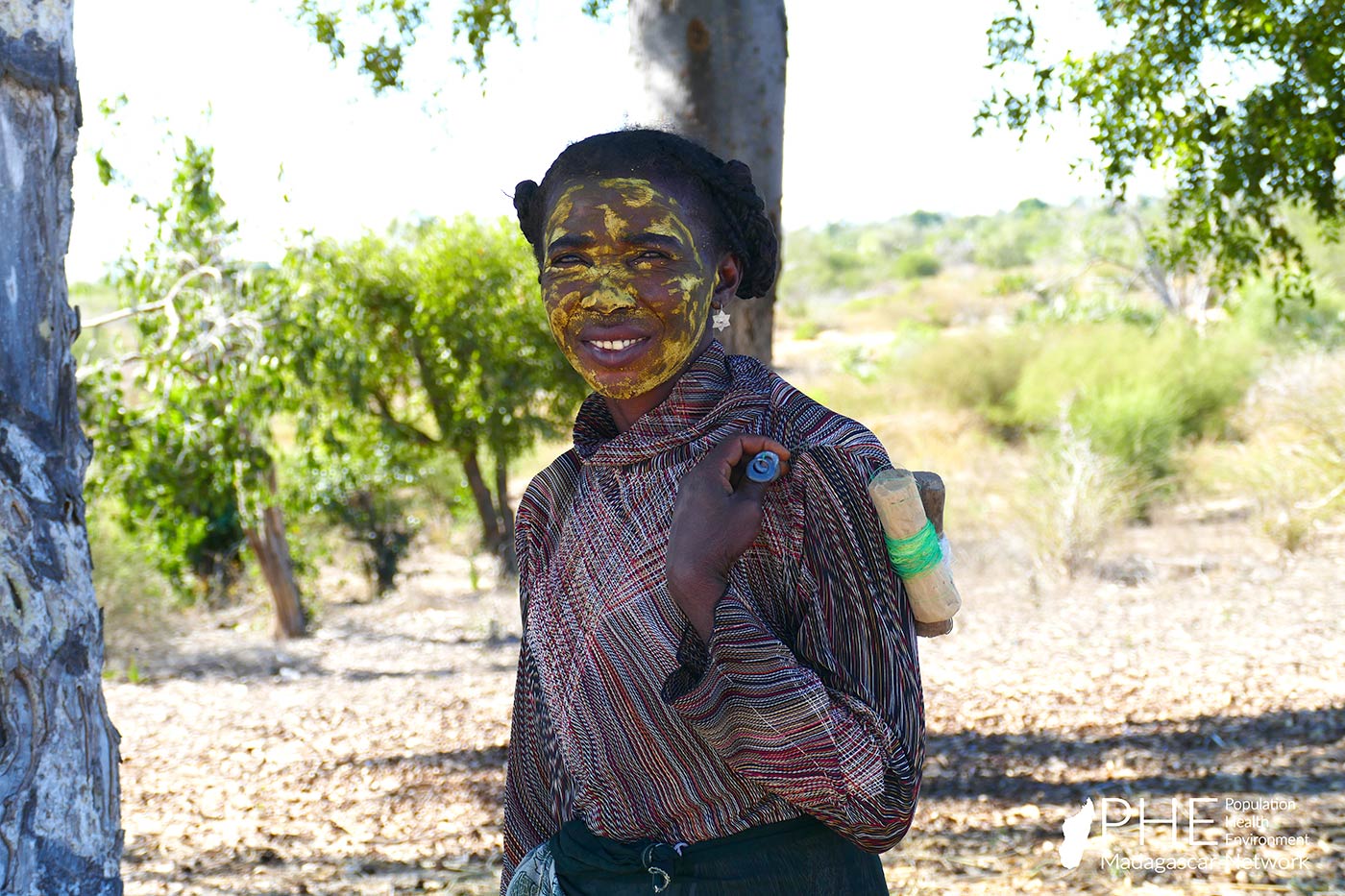
“When we talk about health, we must keep in mind that people go out to the sea to work. When people are in good health, they can protect the reserve. We created the reserve to increase our catches. If the reserve is weak then catches decline and there are problems: scarcity of seafood leads to poverty and malnutrition.”
Bruno, fisher and president of the local marine management association, Ifaty, Toliara, Reef Doctor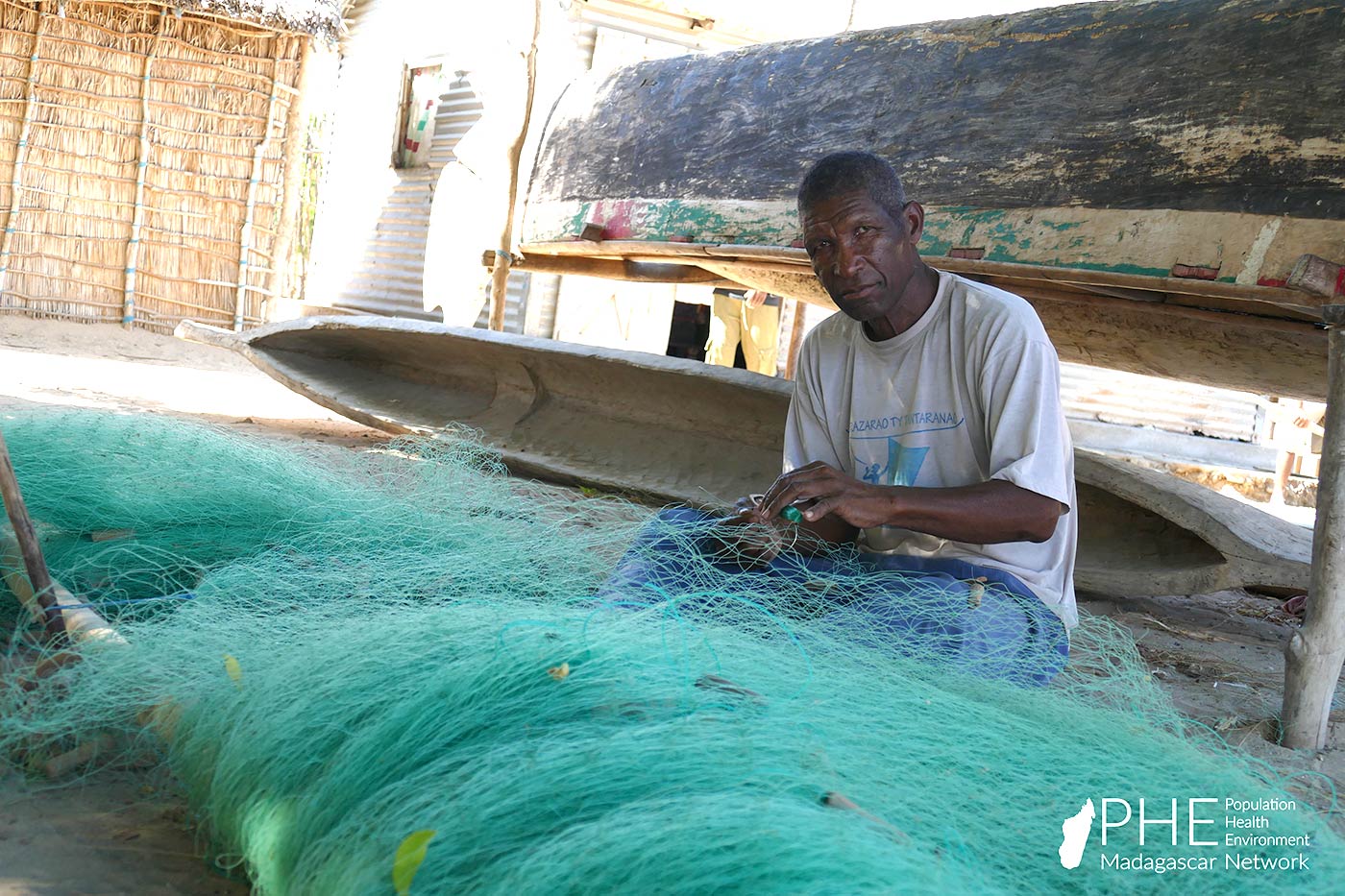
“For the environment to support health, it depends on how we act with it. In this way, we take responsibility for the health of our community. If the heart of the forest is destroyed, there’s less water available, our air becomes impure, diseases and different viruses may come.”
Fortinée, community health worker, Sambava, Lemur Conservation Foundation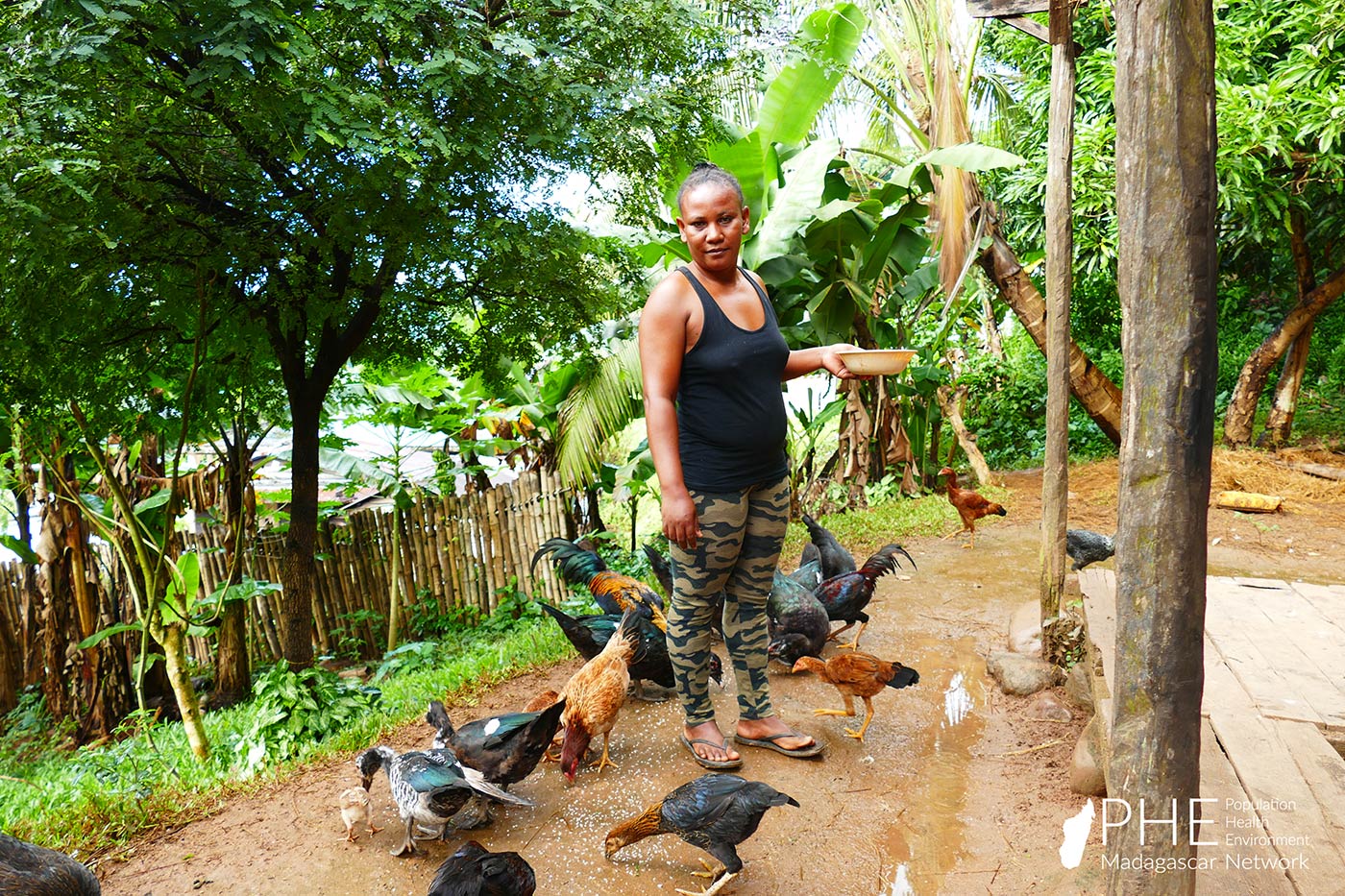
After five years of progress, Madagascar’s PHE community of practice came together for a high-level showcase and celebration event in November 2019.
Results, learning and future perspectives were on full display with posters, presentations, panel discussions, community animations, a photo exhibition and member stands.
The inter-ministerial health and environmental working group – a close strategic partner of the PHE network – is now following up to make this a reality!
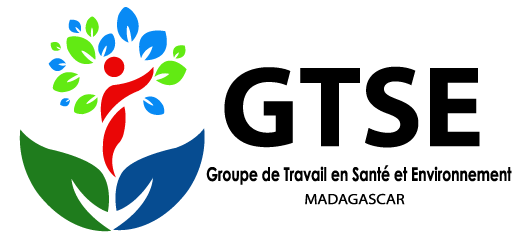
Looking ahead to the next five years the PHE network has a bold vision for PHE to become the default model for conservation programming in Madagascar - leading to healthy communities living in healthy environments with resilient and sustainable livelihoods.
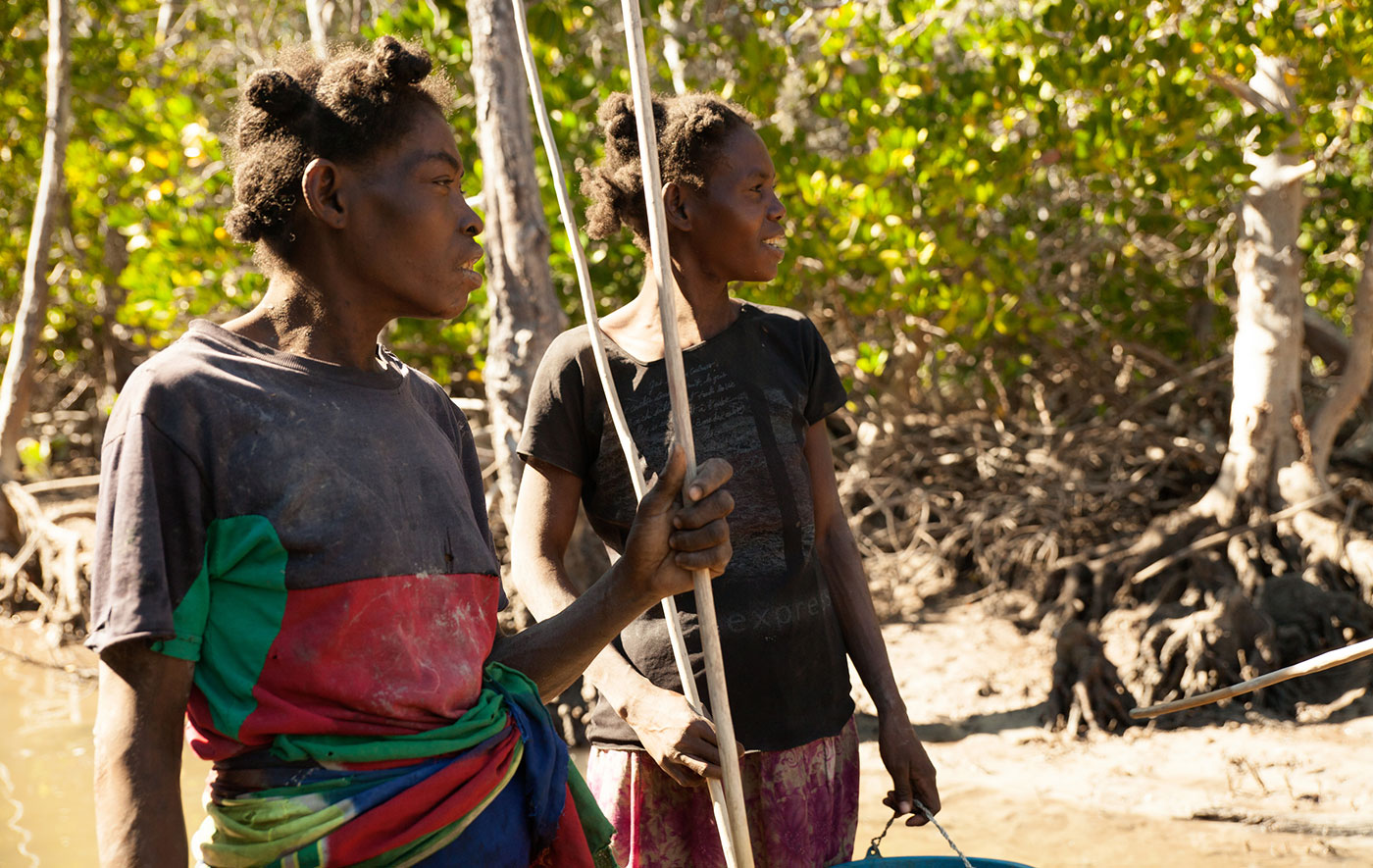
By 2025 we hope that our members will be reaching more than 750,000 people with robust collective learning systems and a national PHE policy framework in place.
Will you join in our exciting journey to impact and scale?
- Become an NGO member
- Request technical support in establishing a PHE partnership
- Provide funding for PHE initiatives in Madagascar
We’d love to hear from you!
